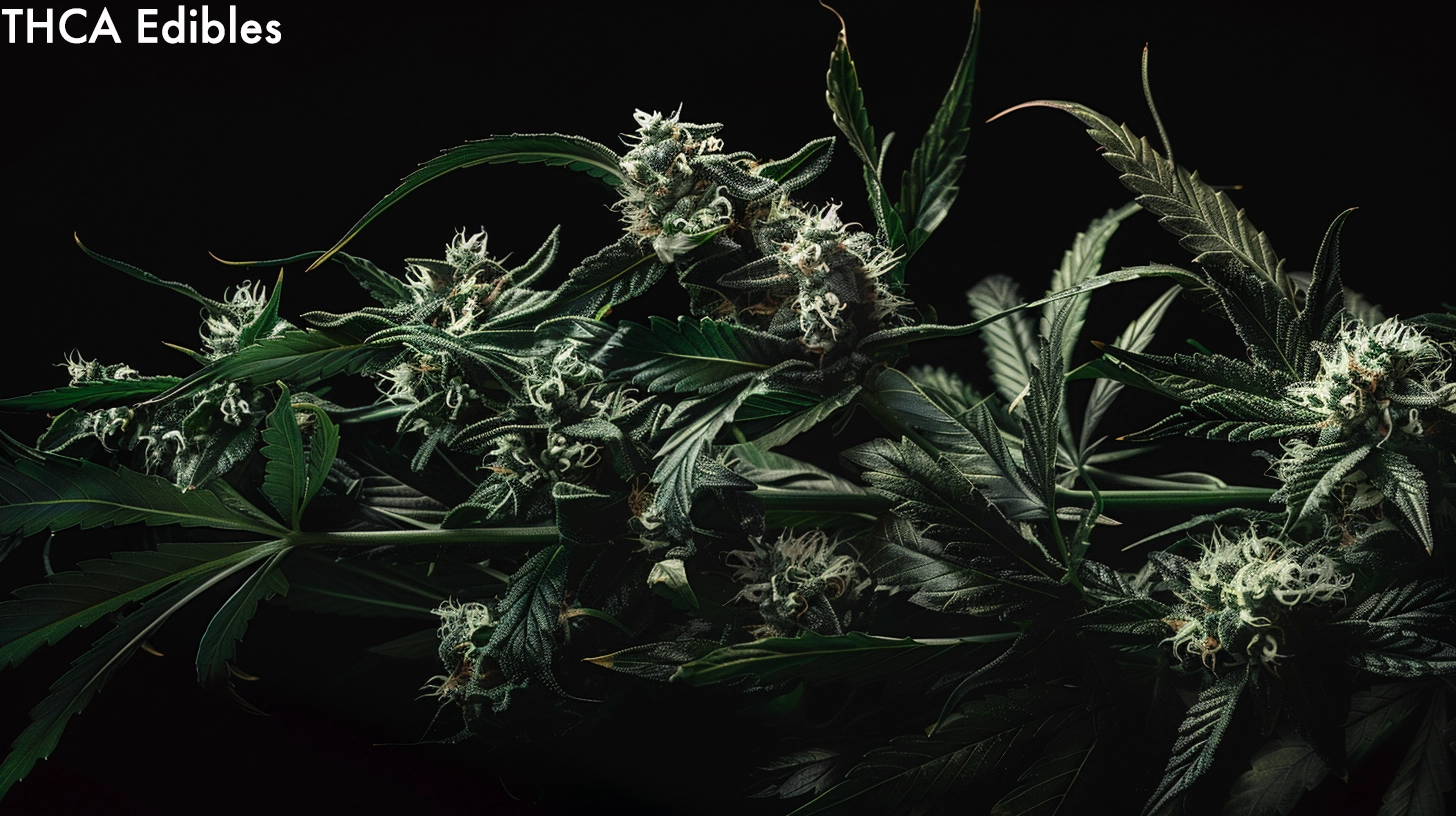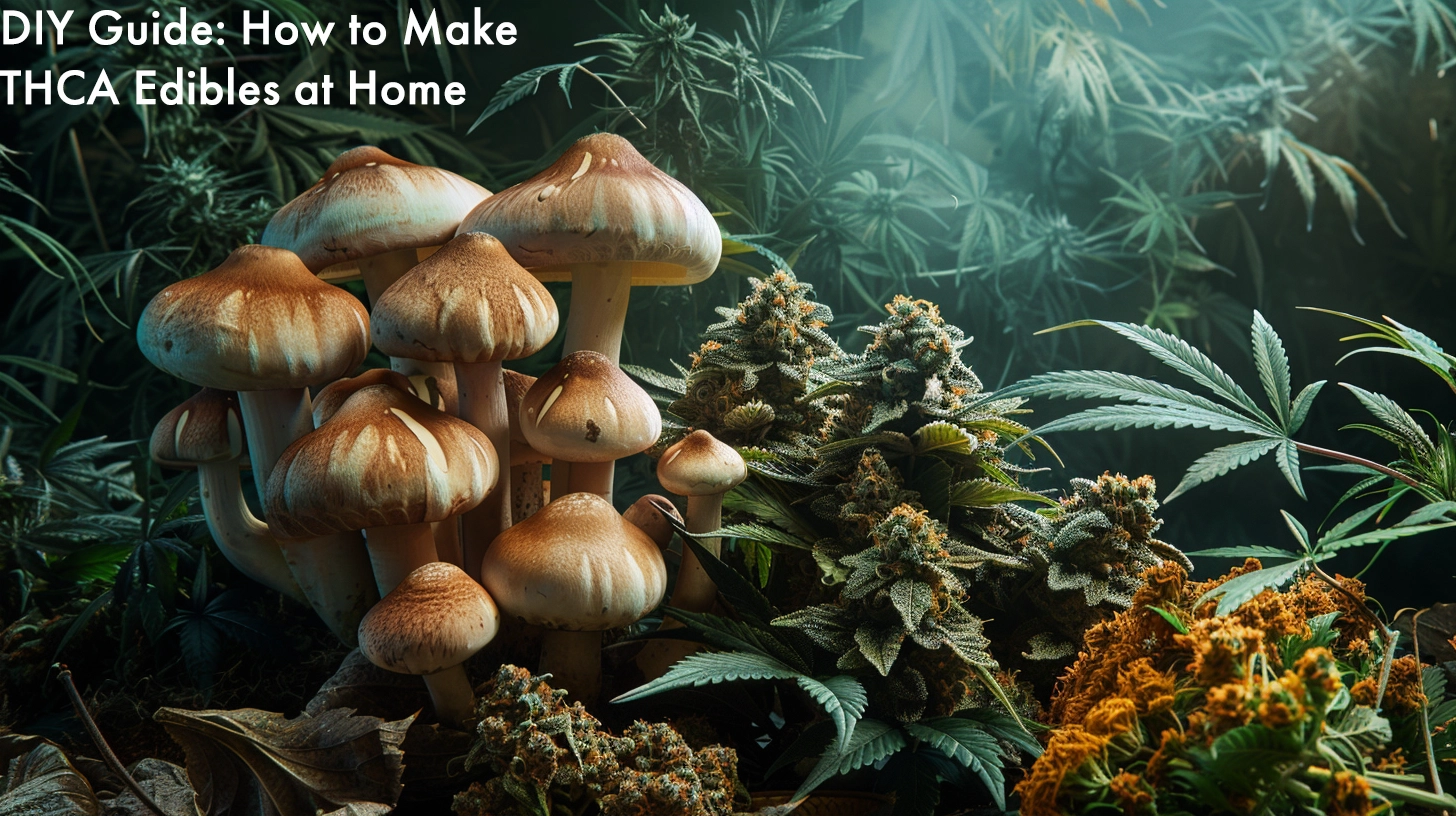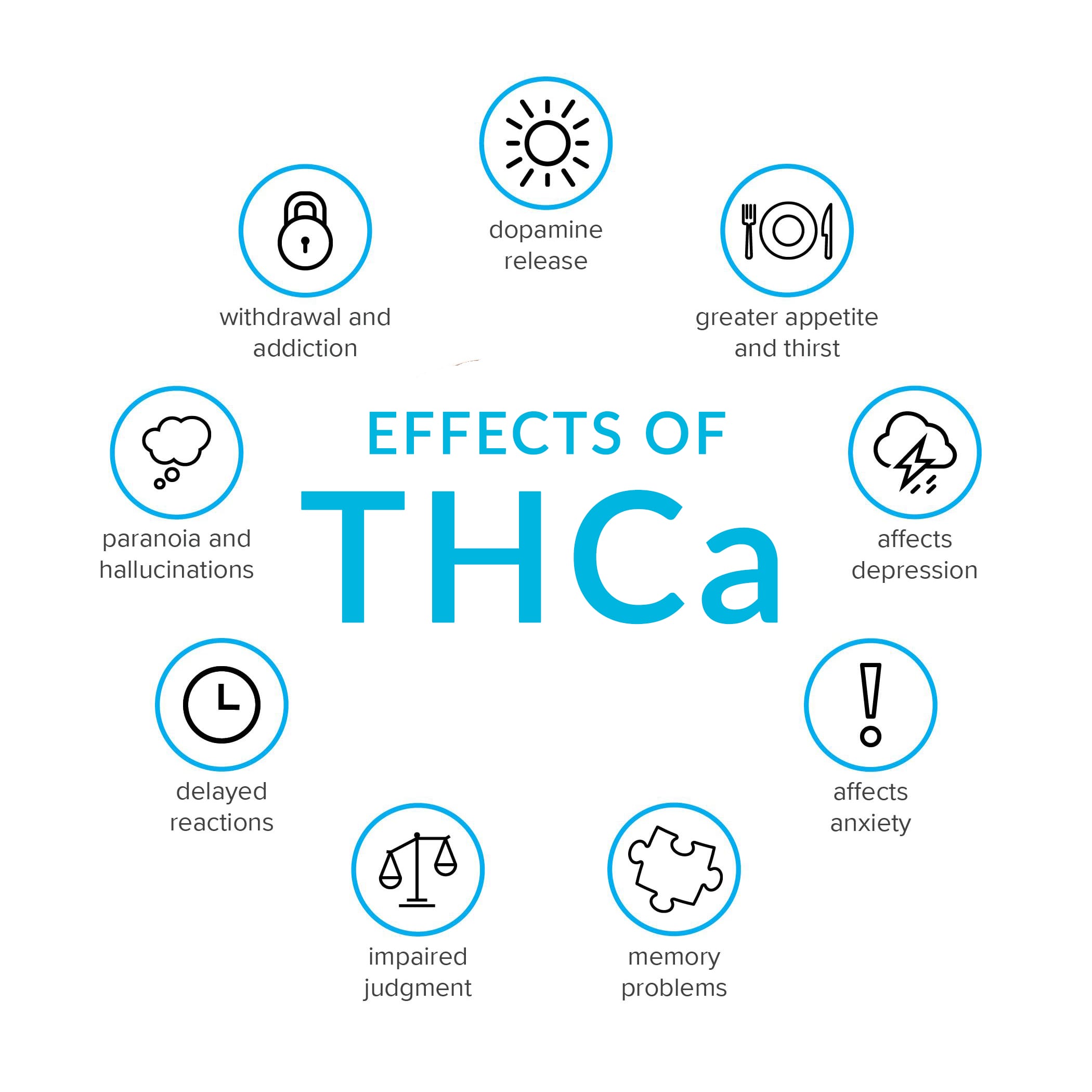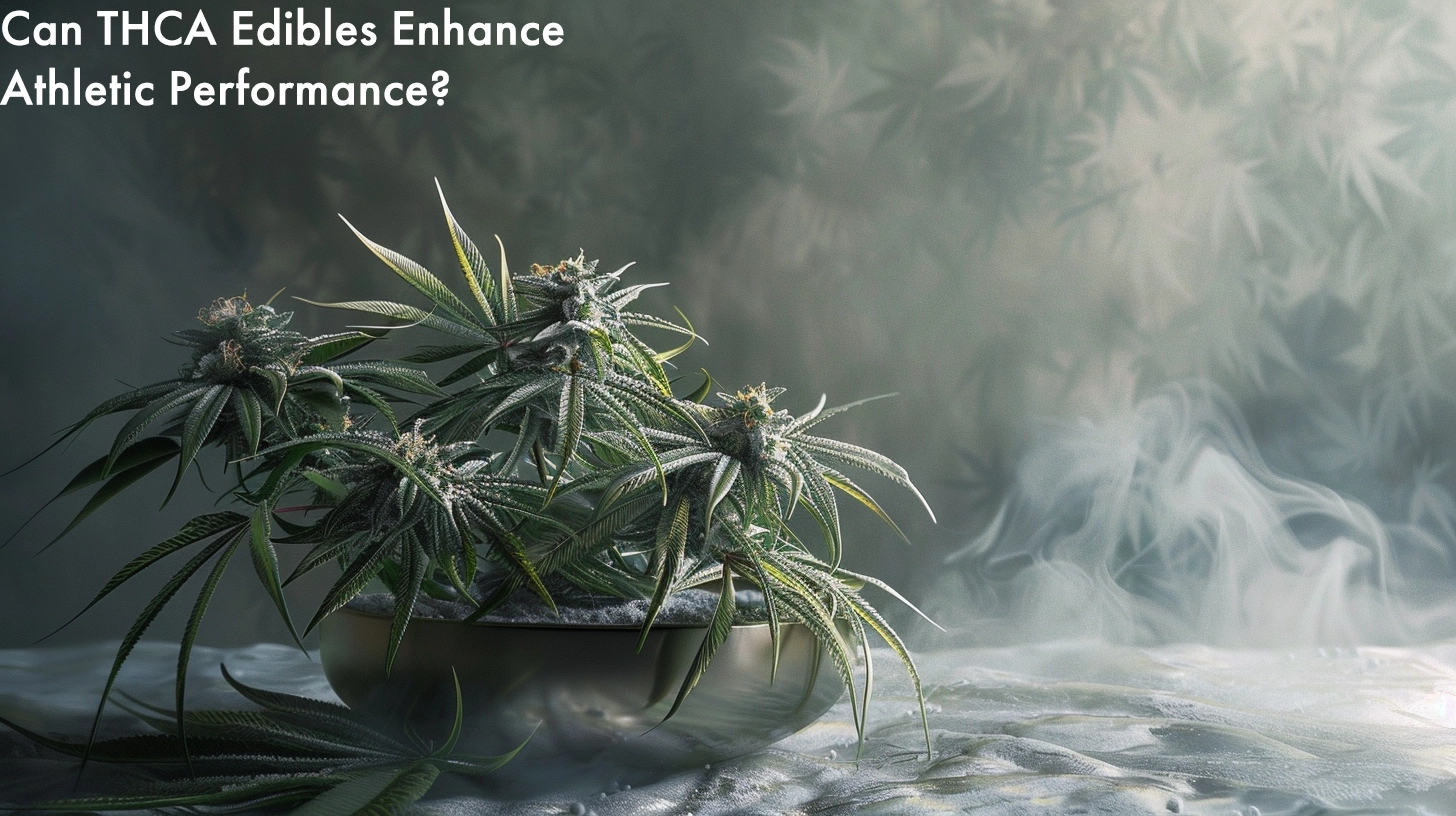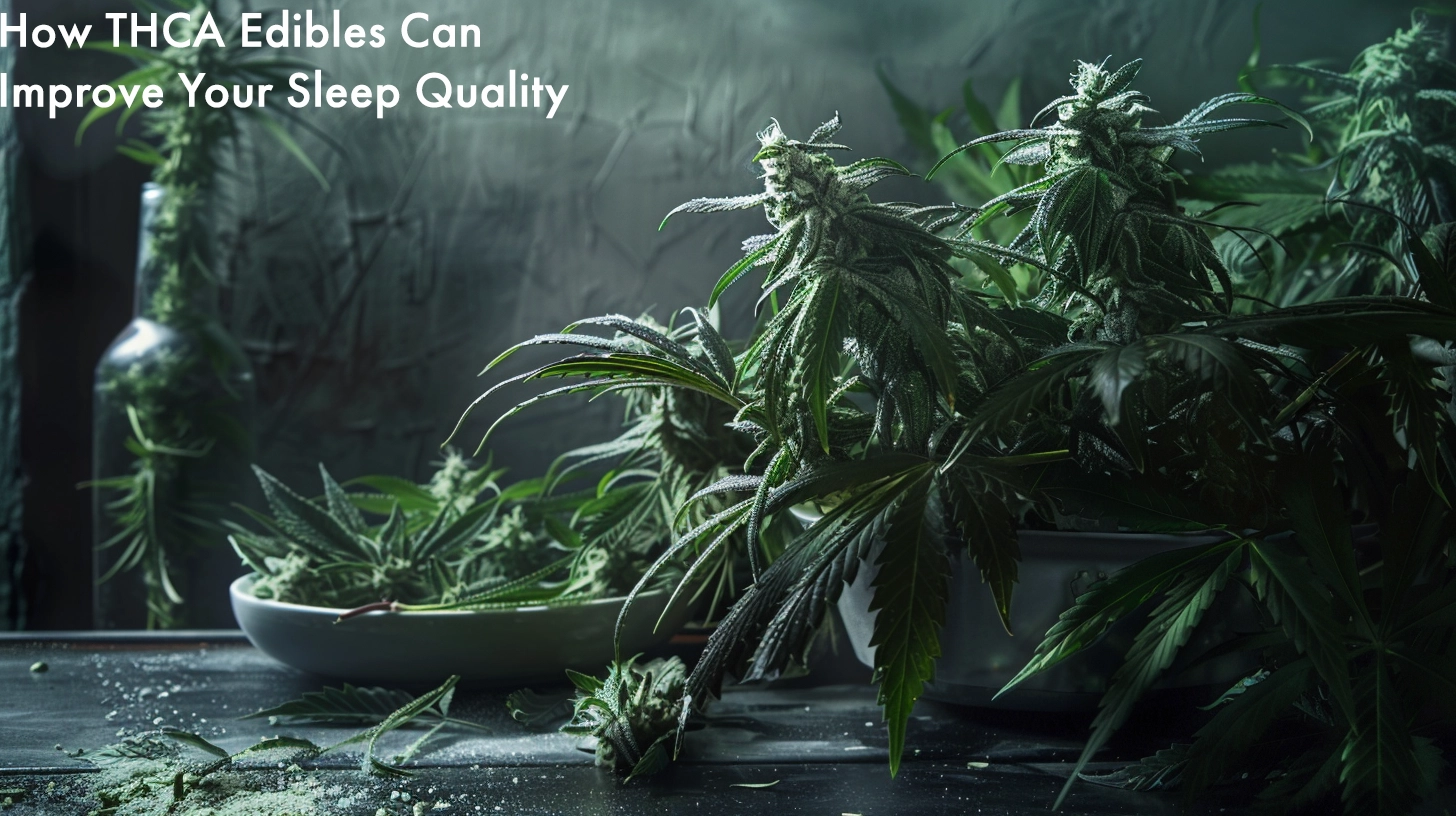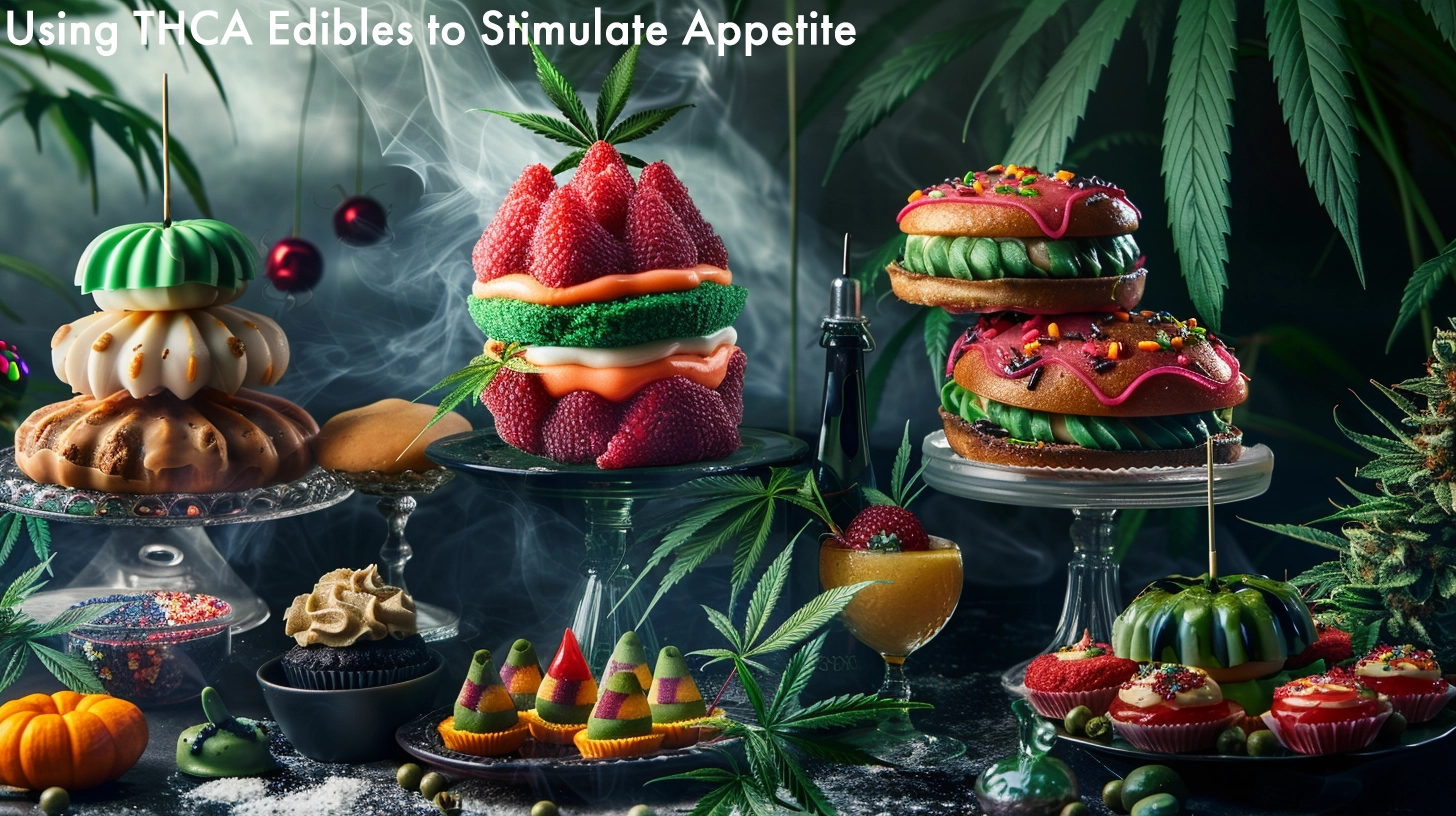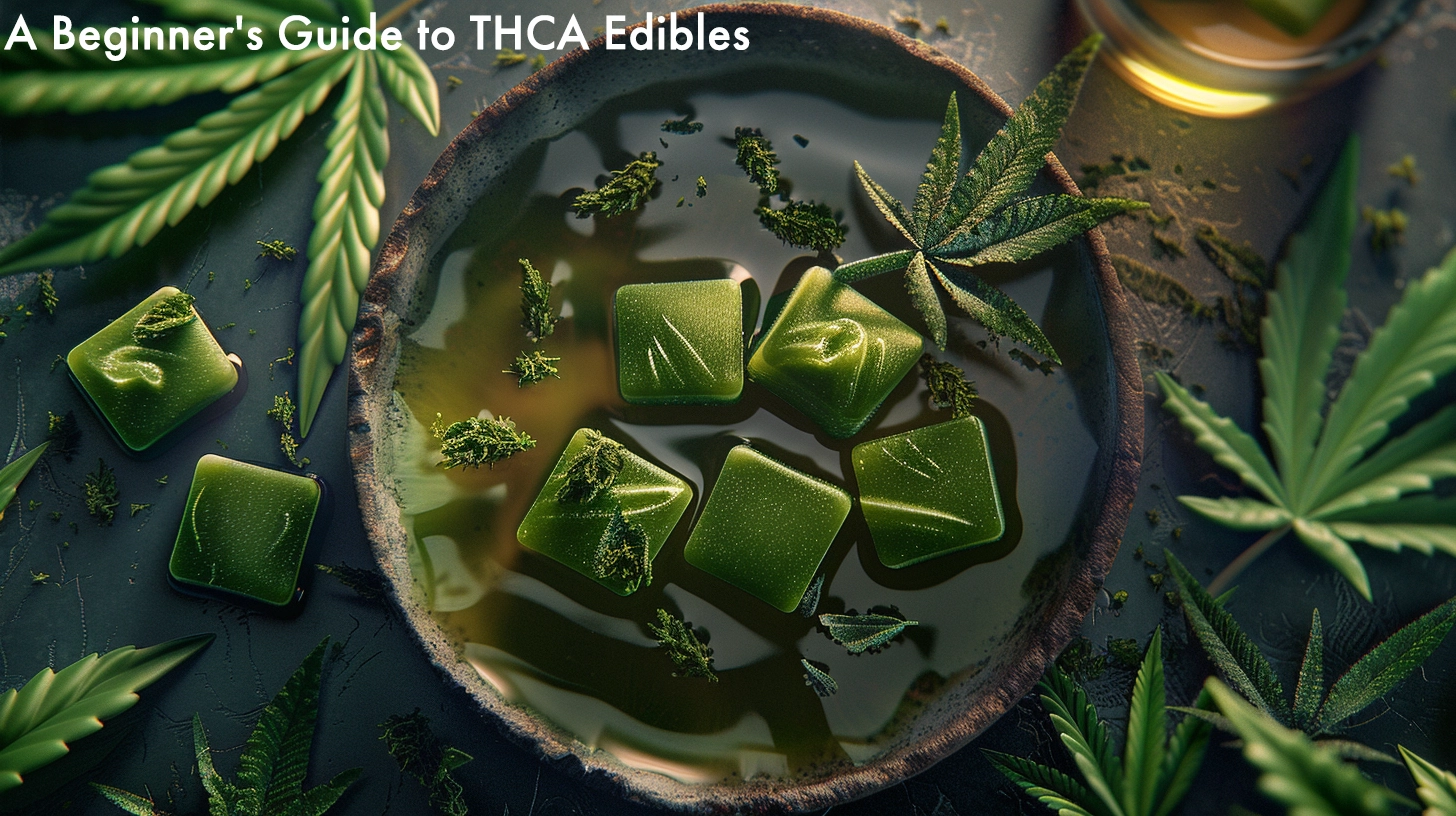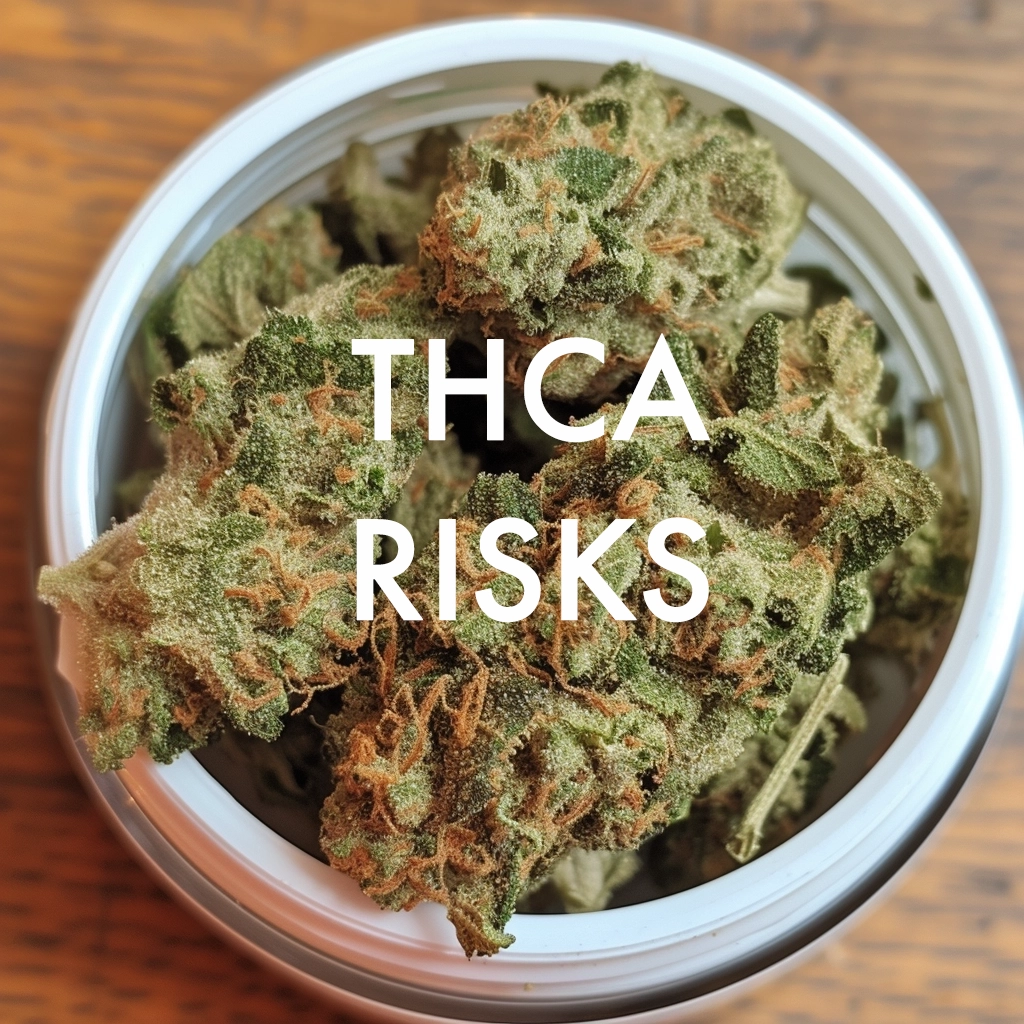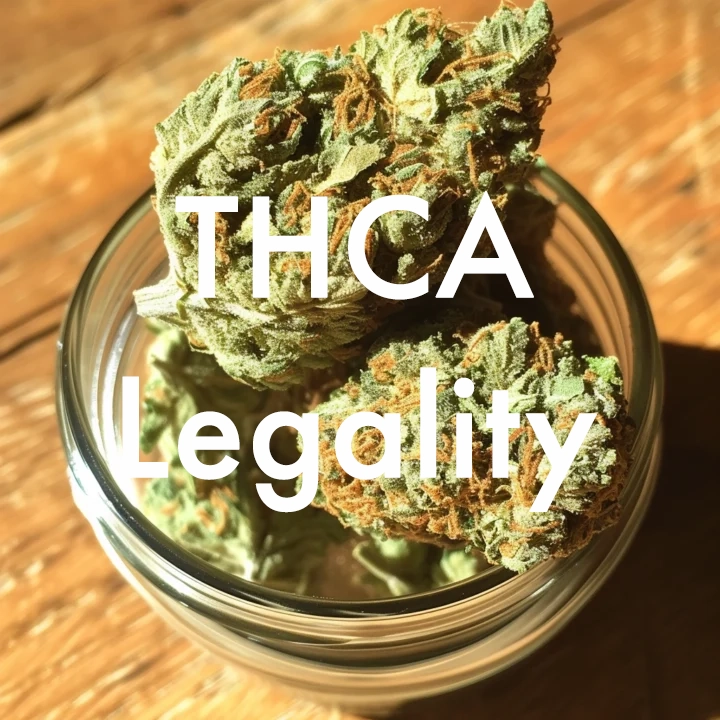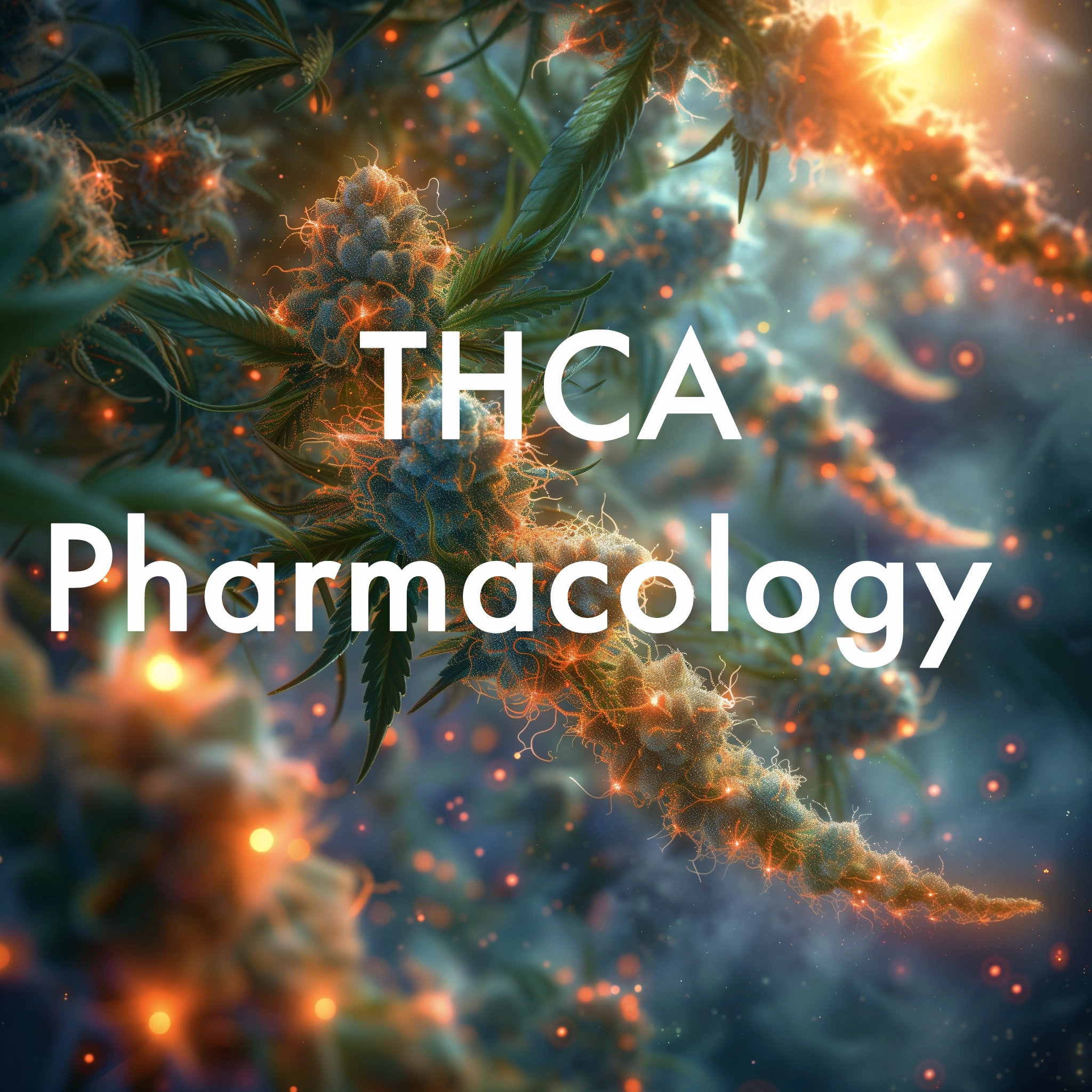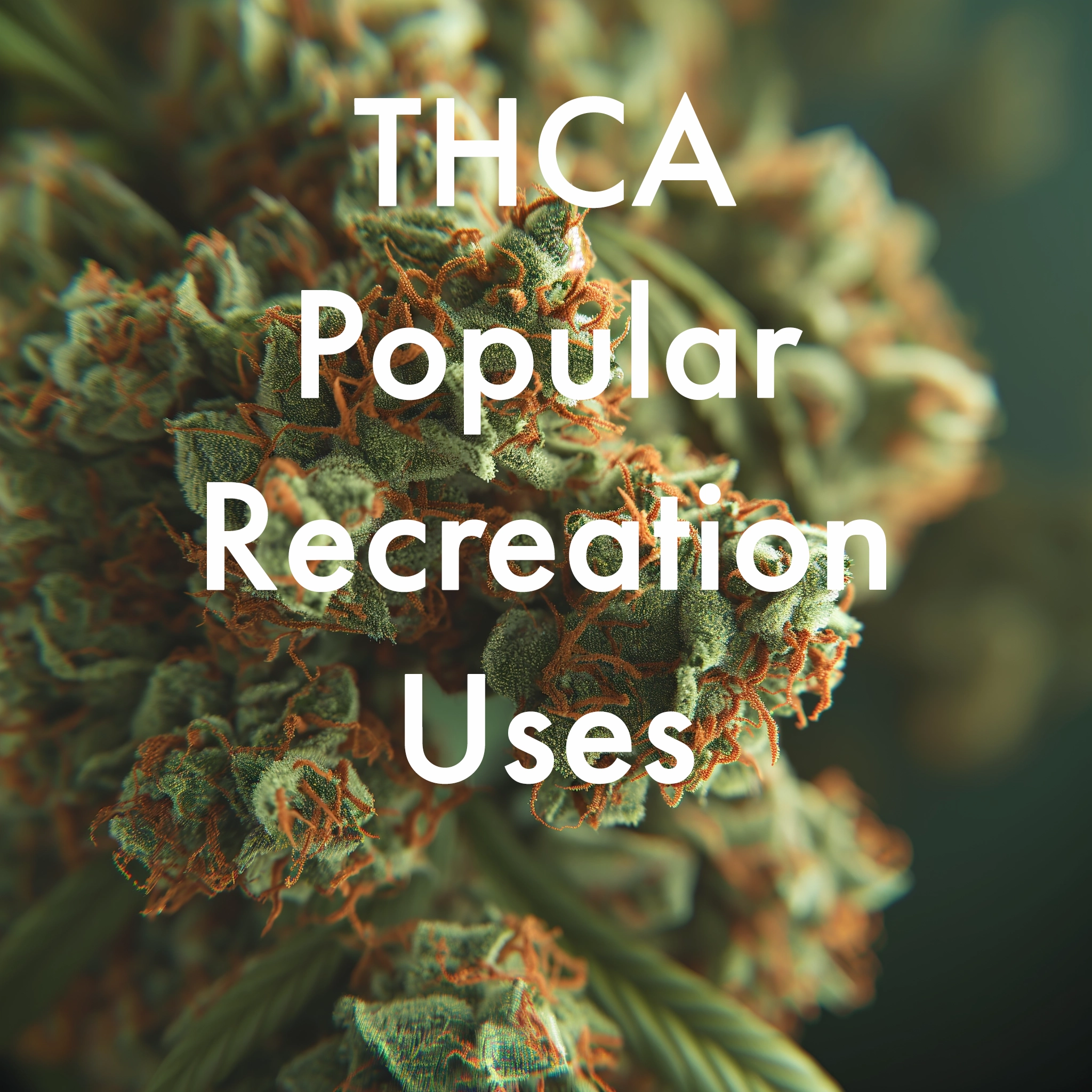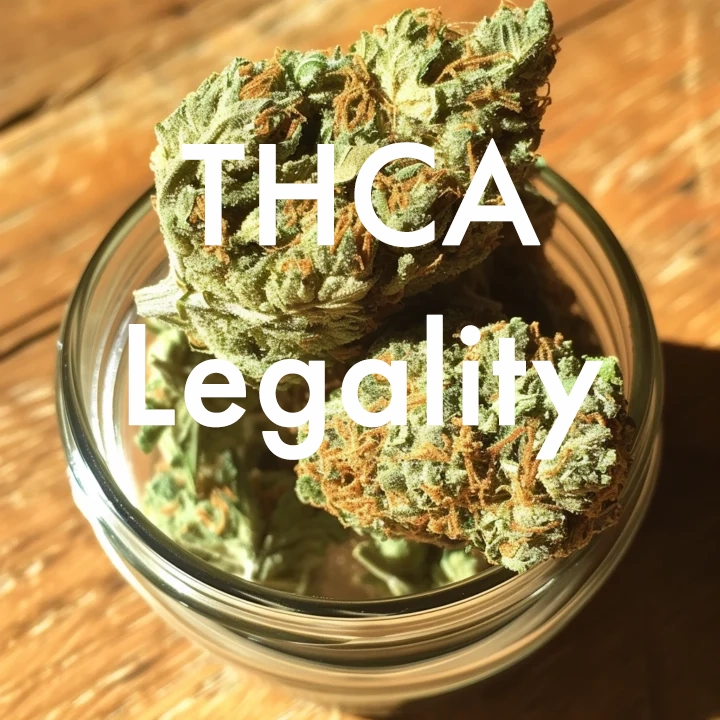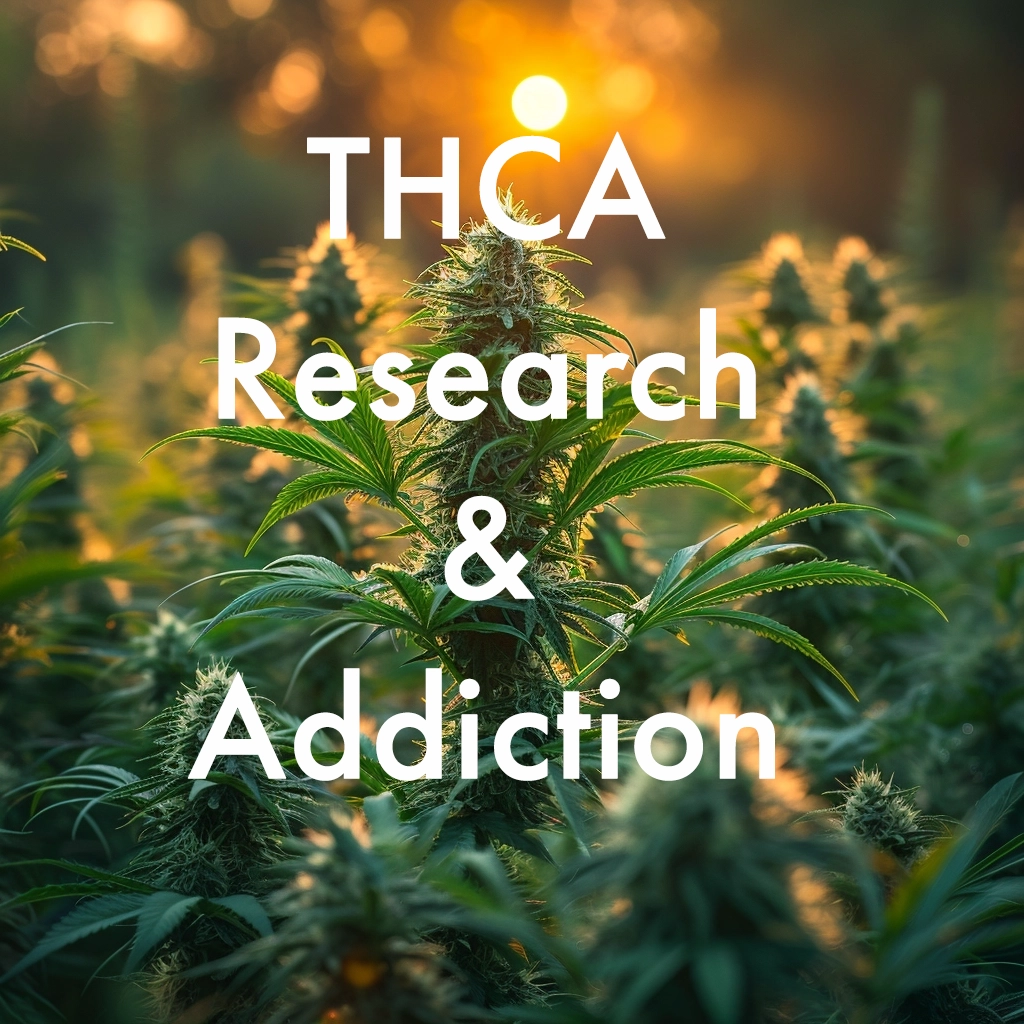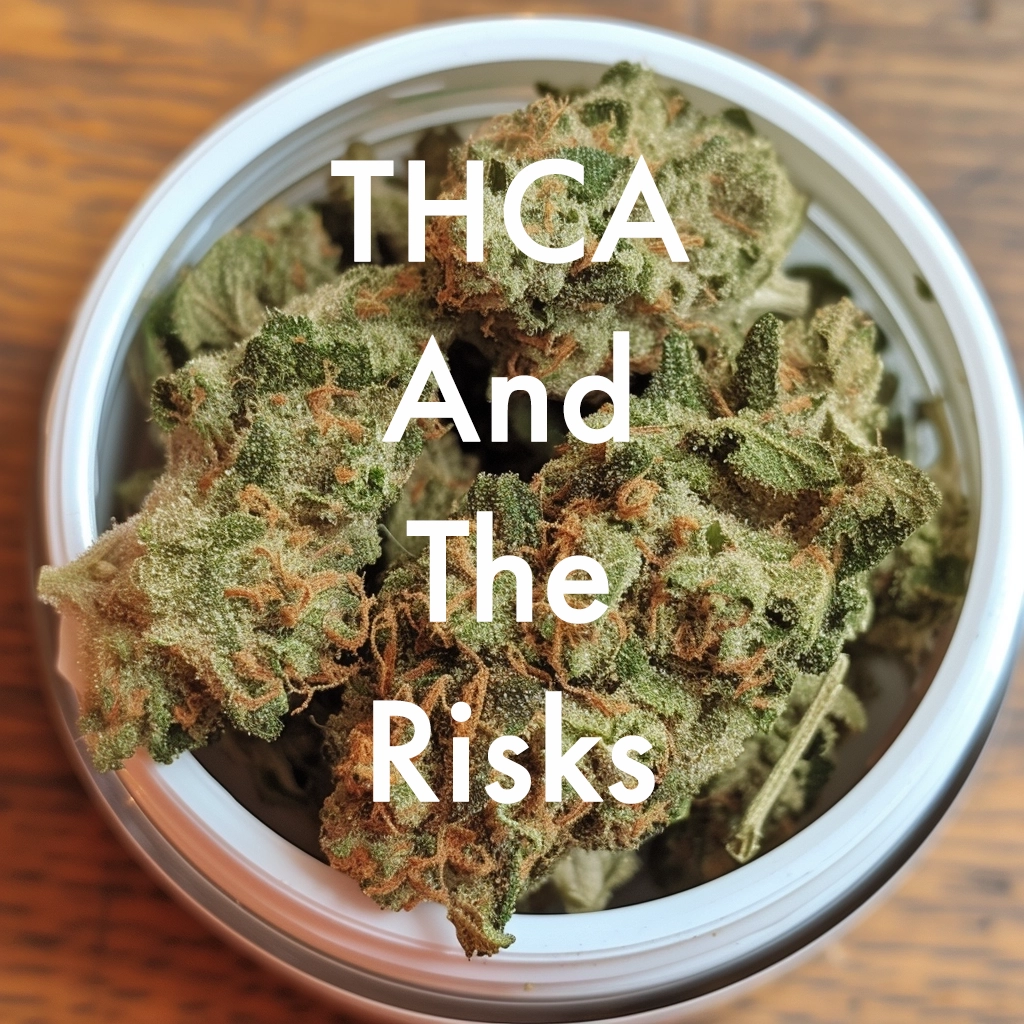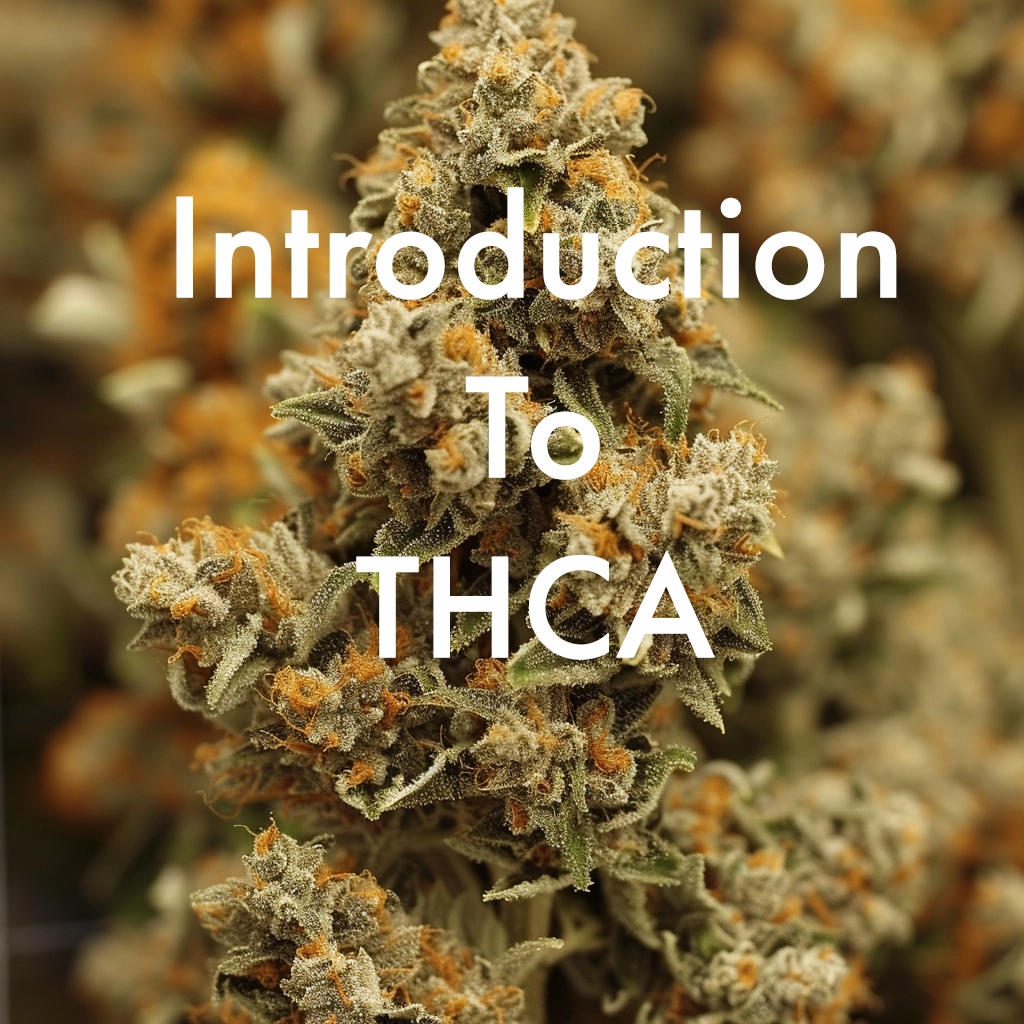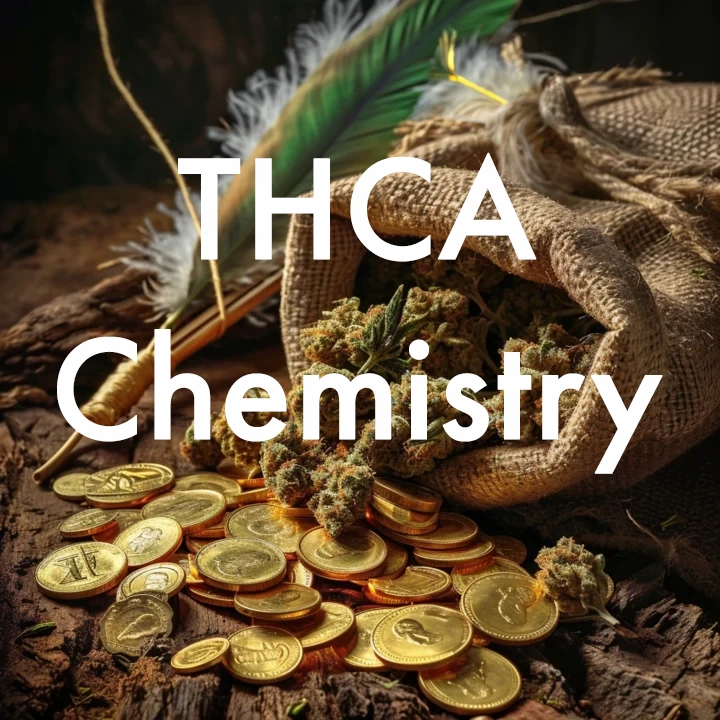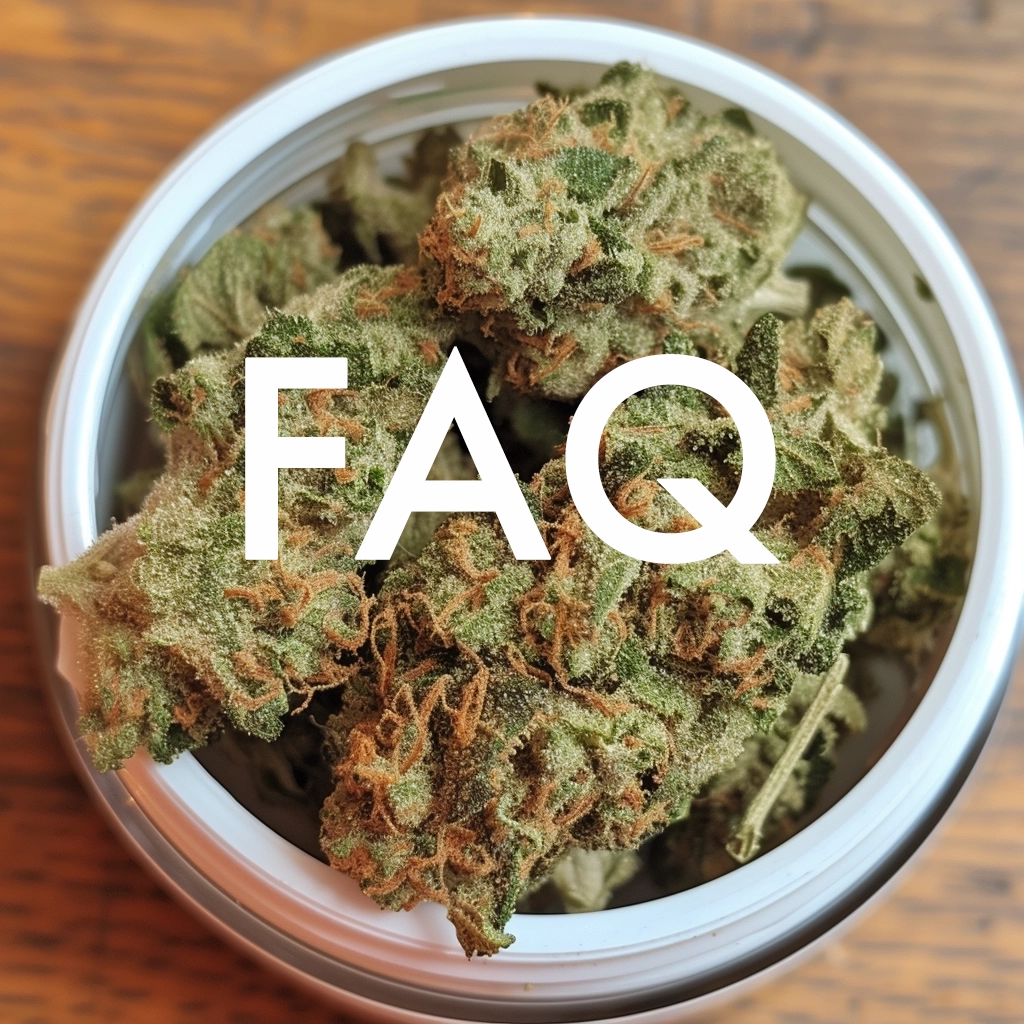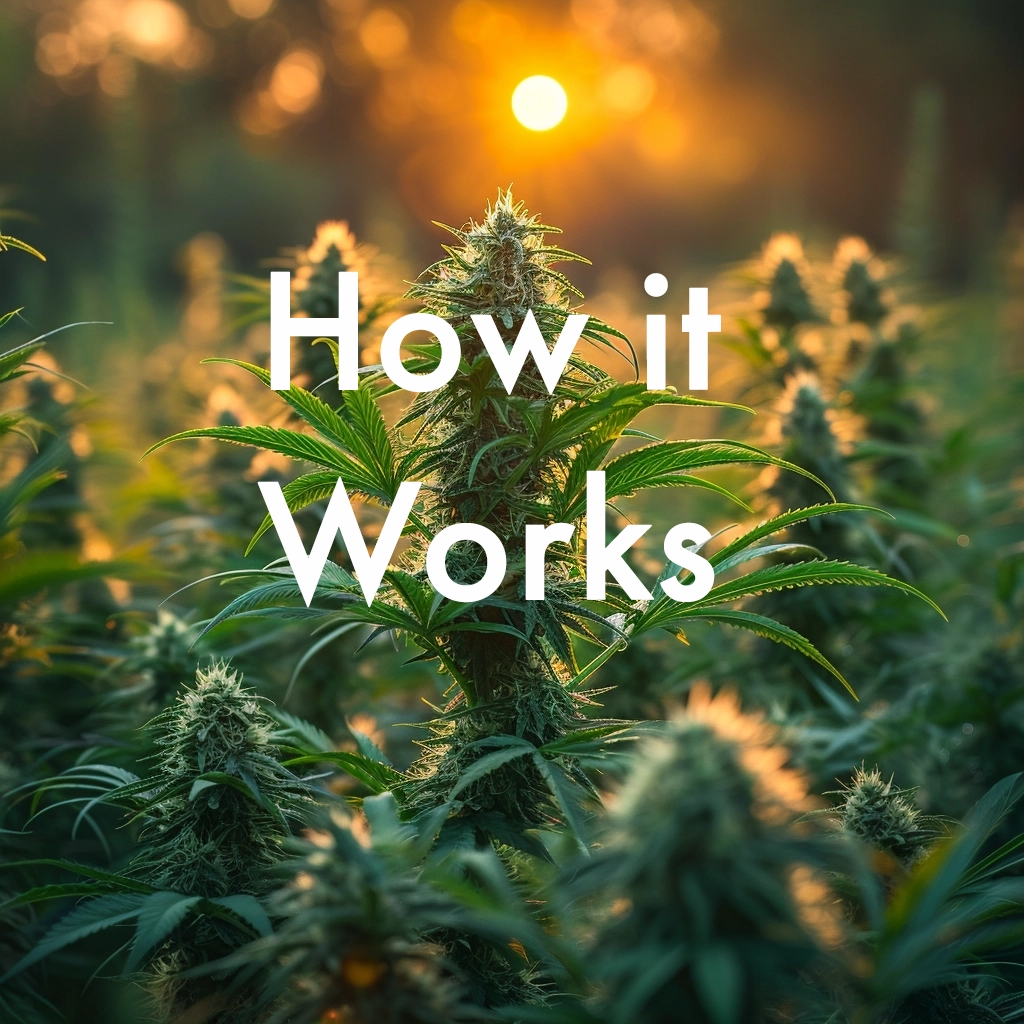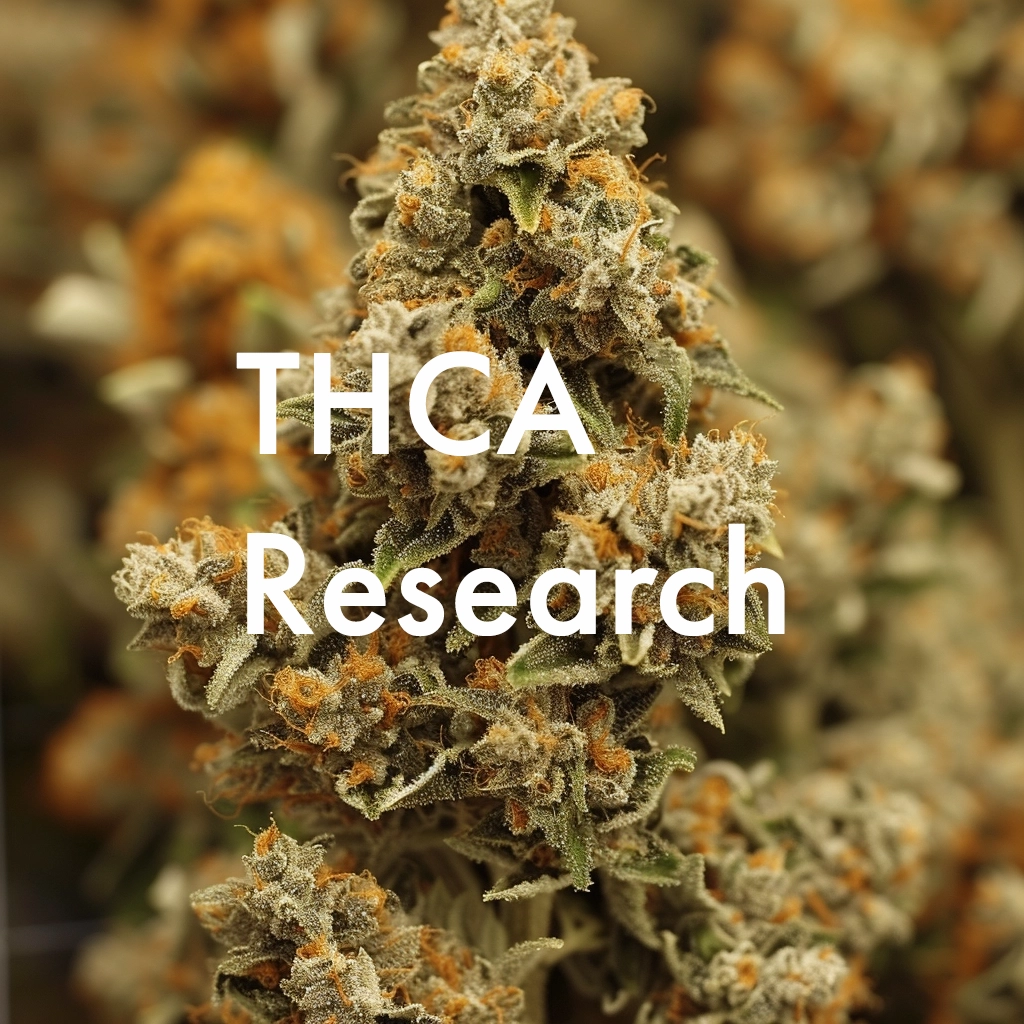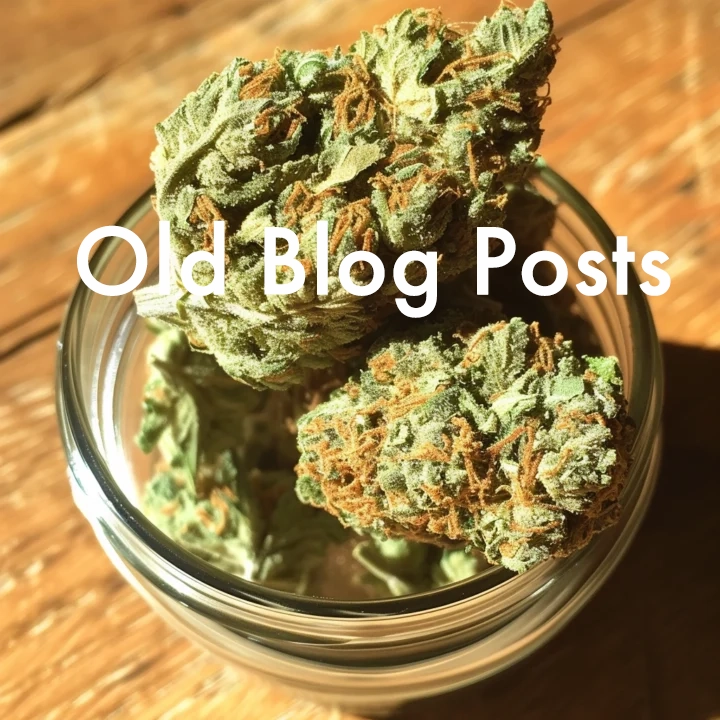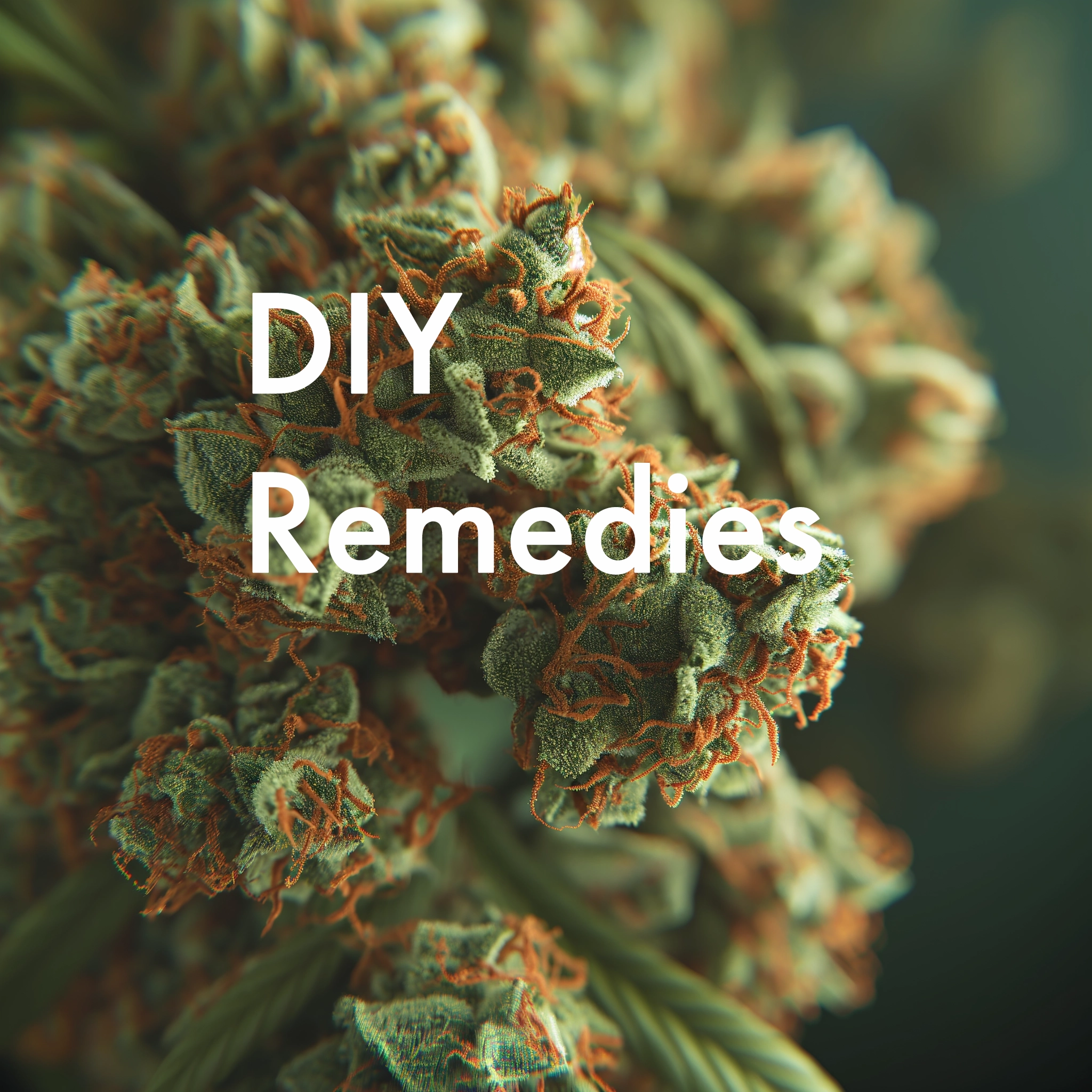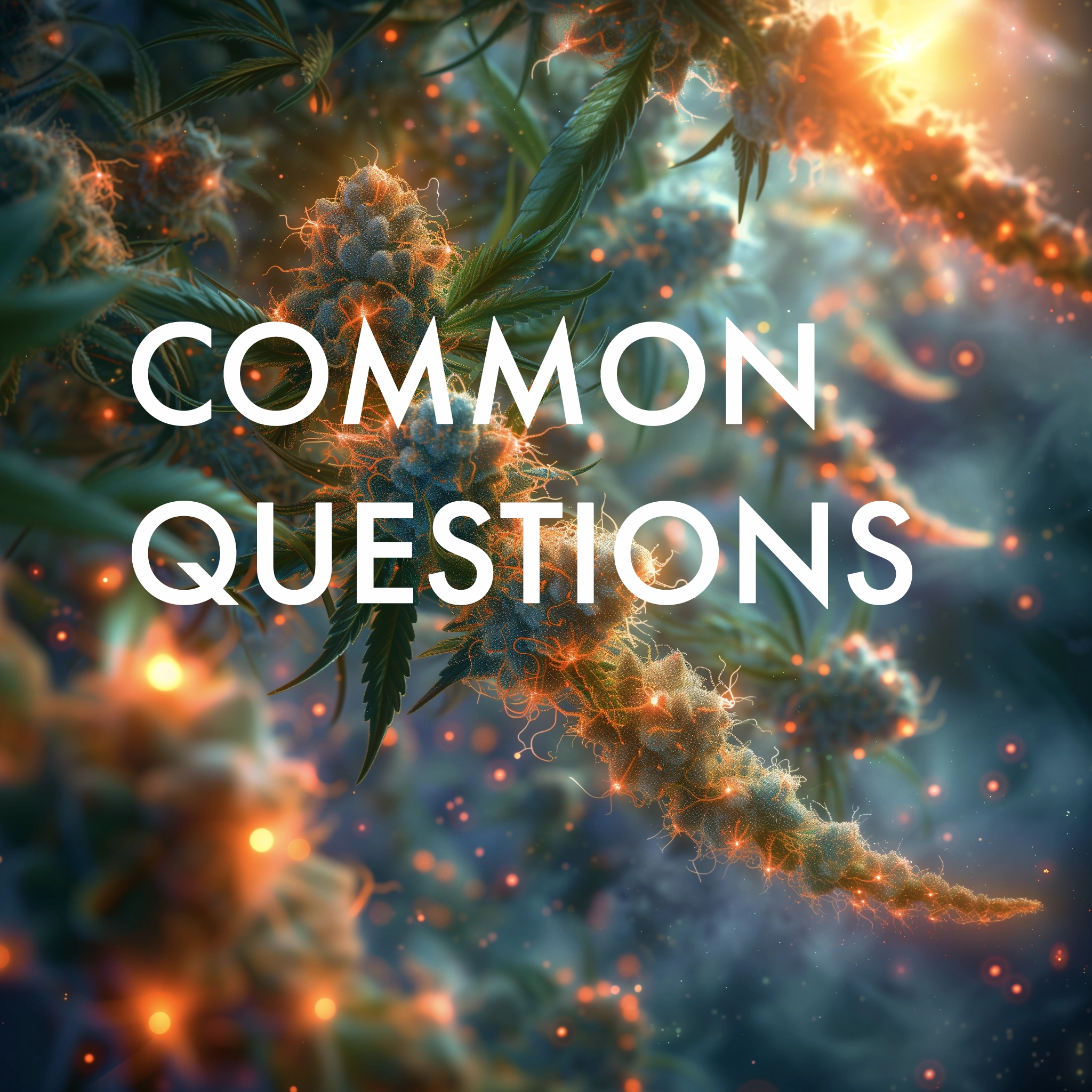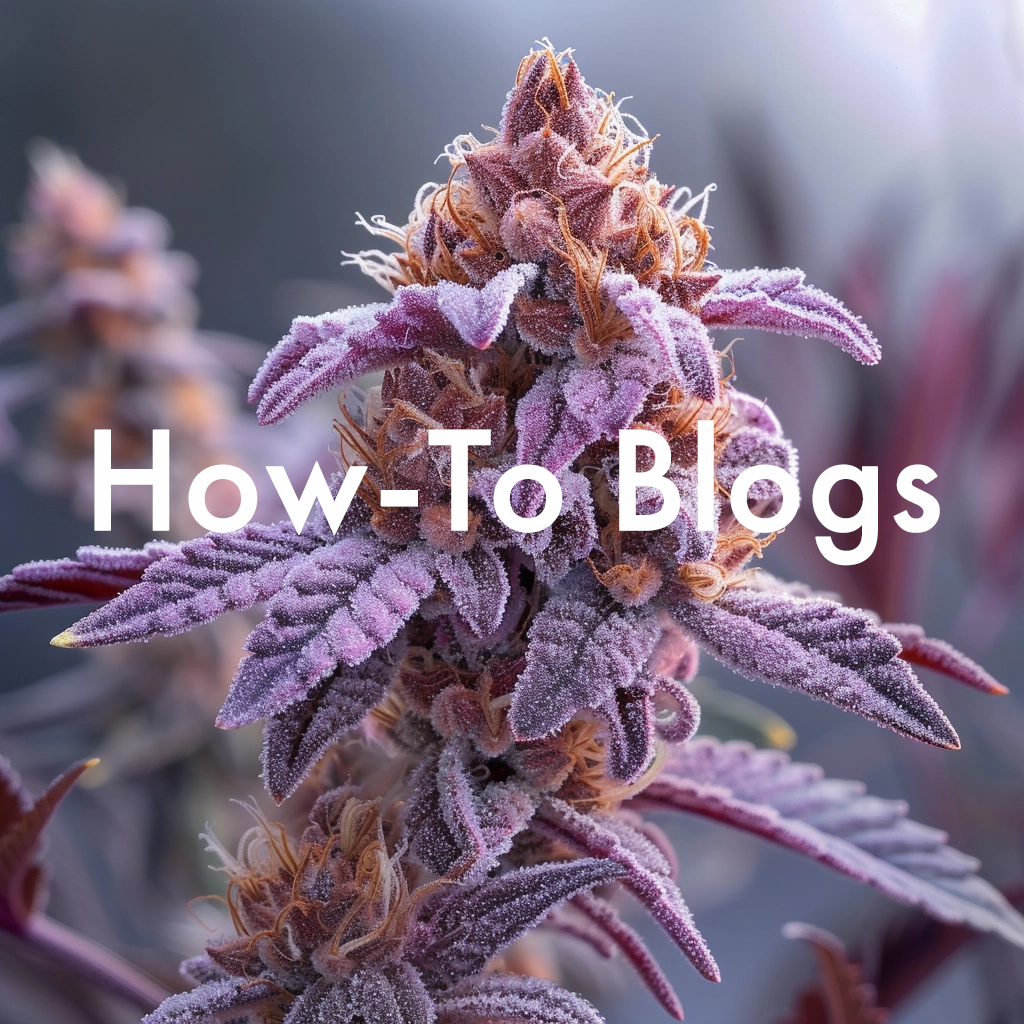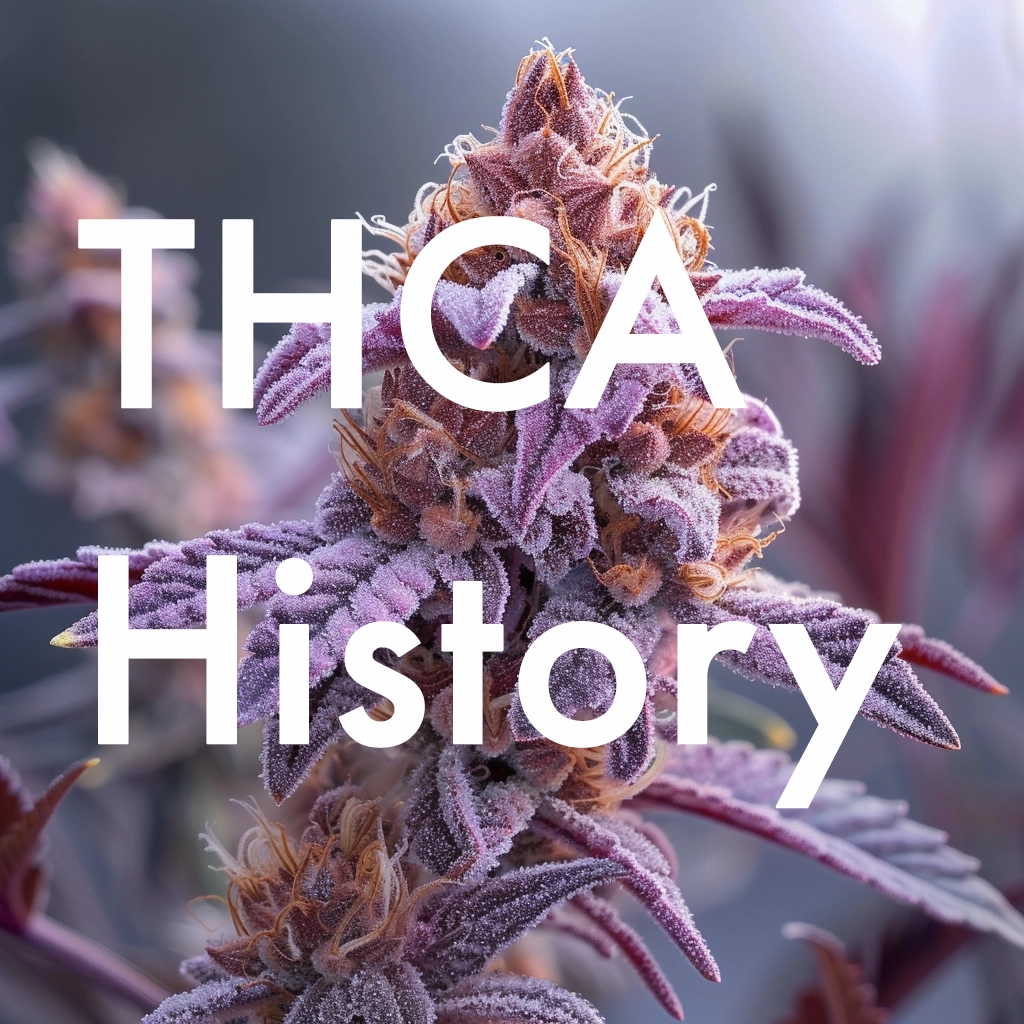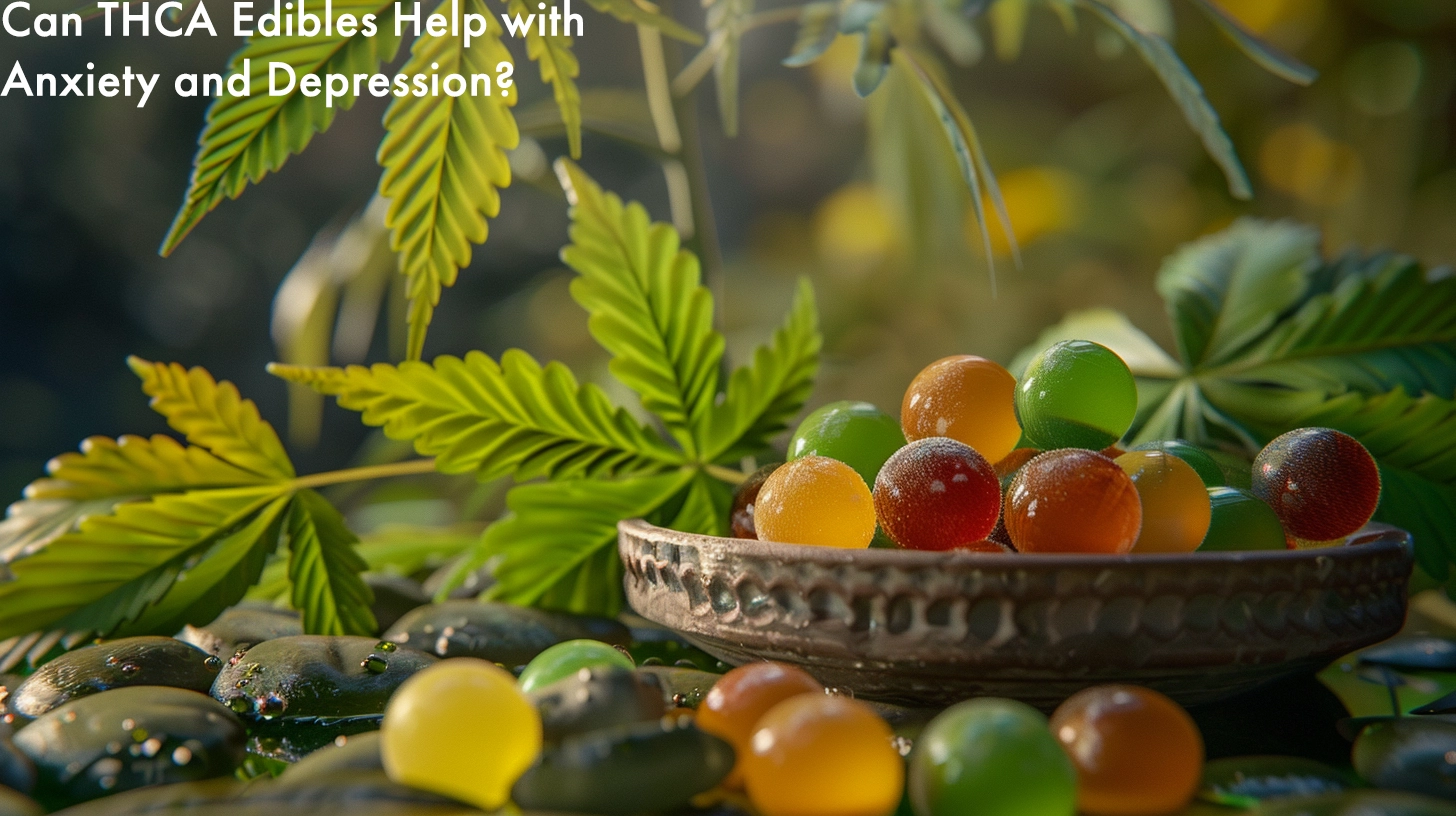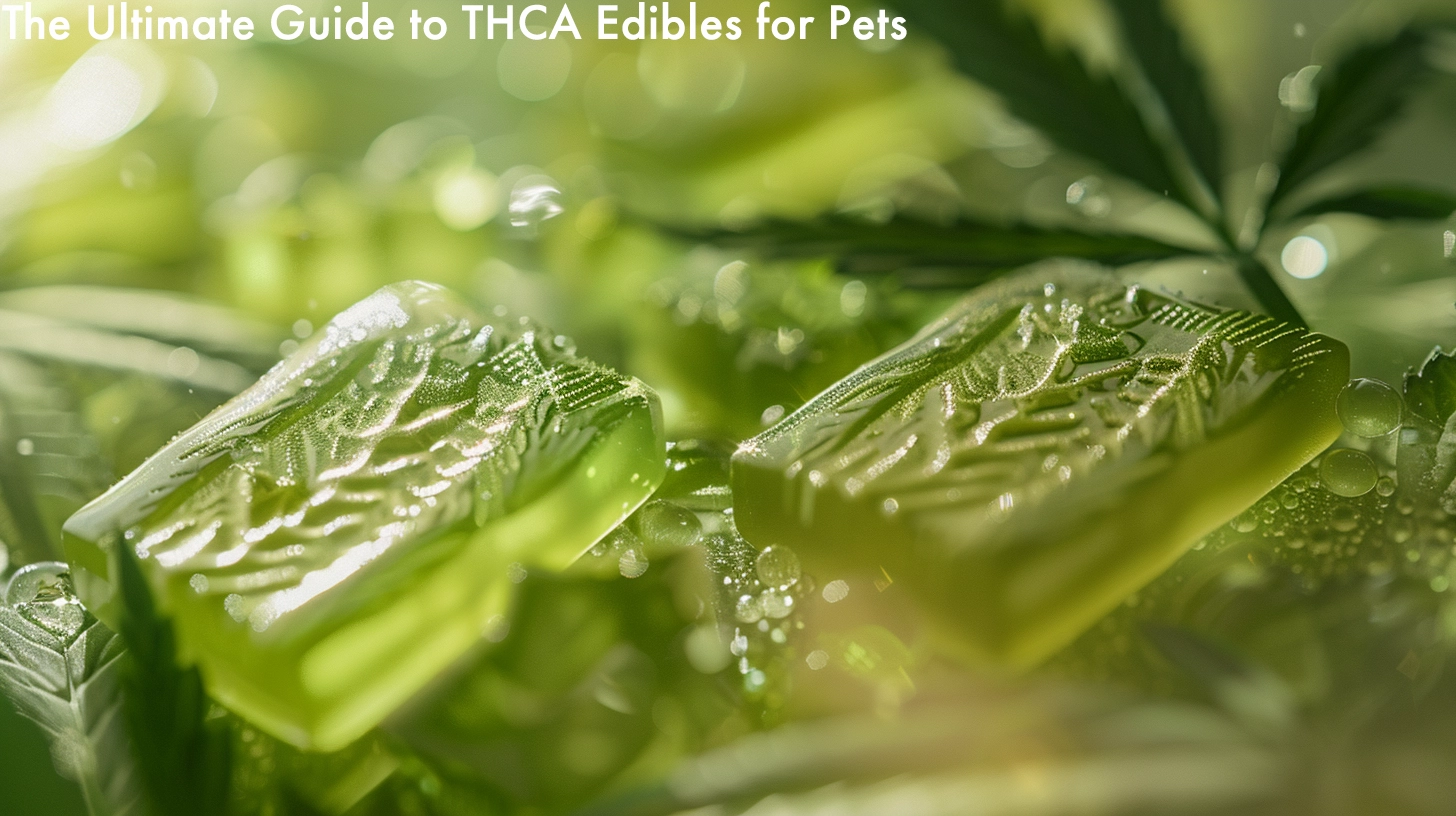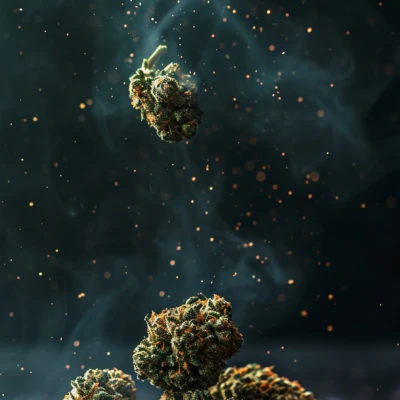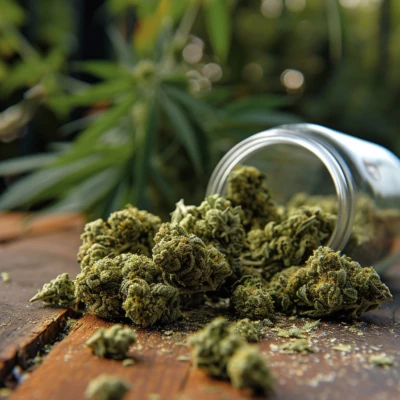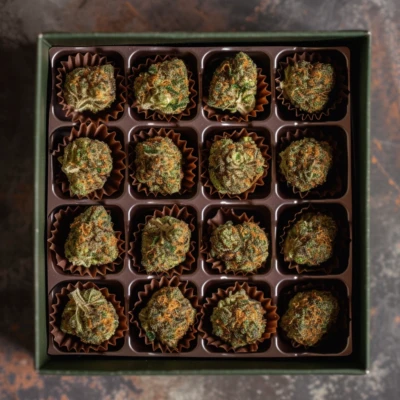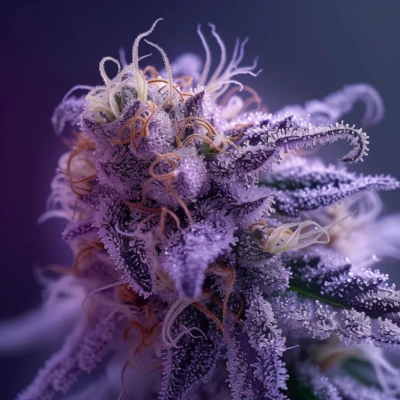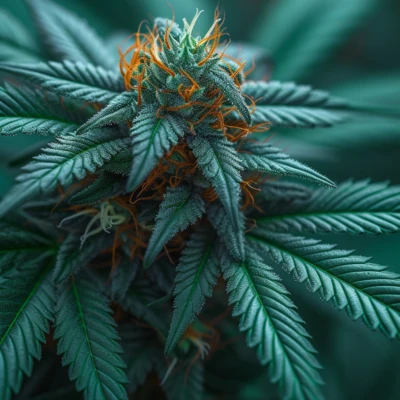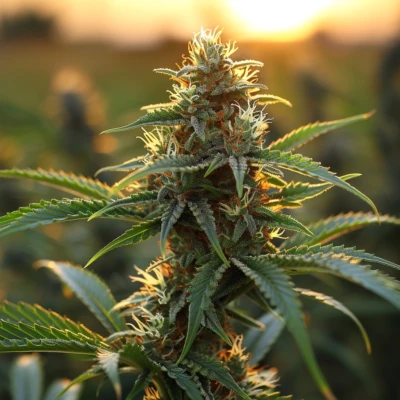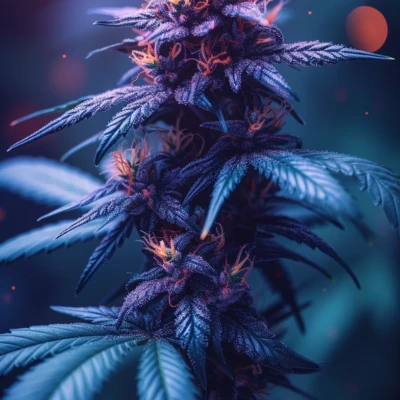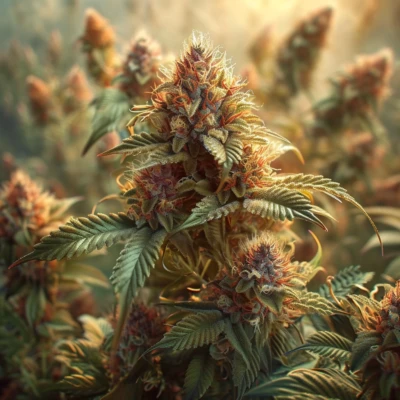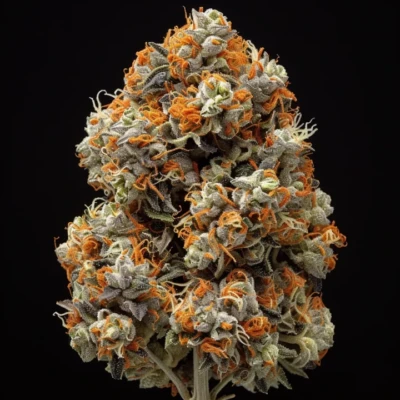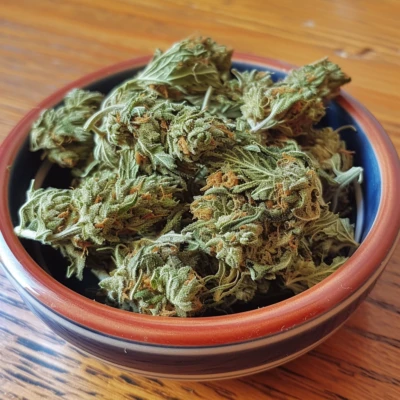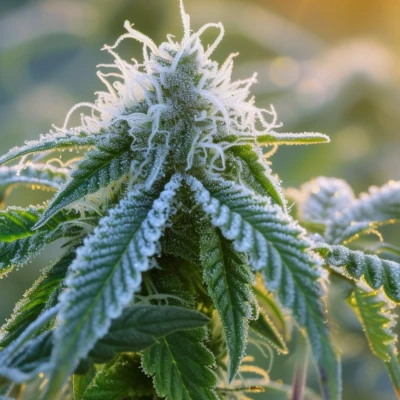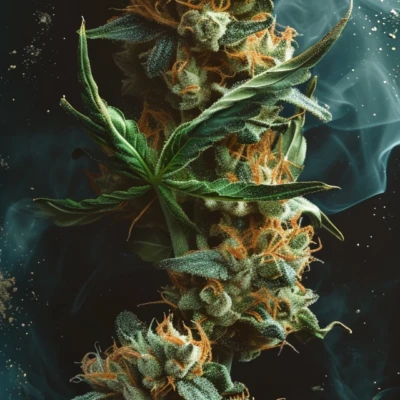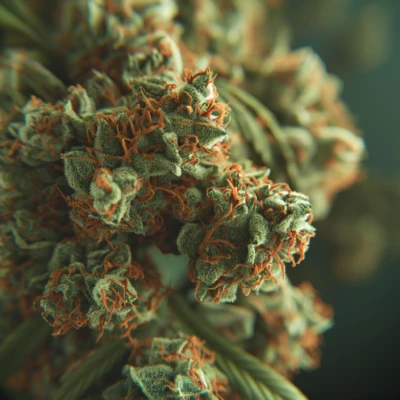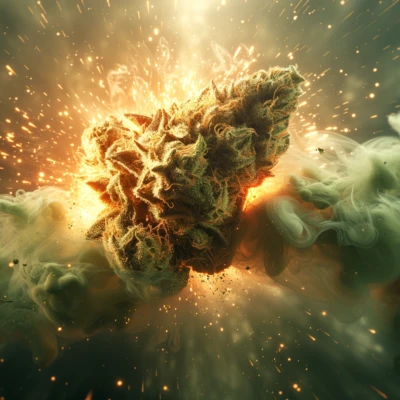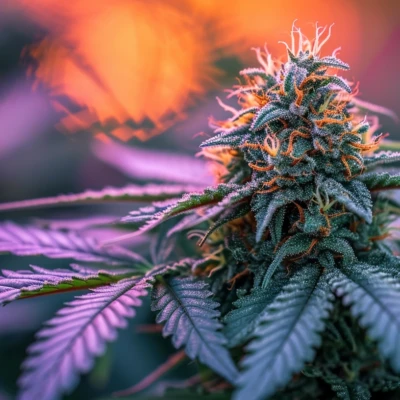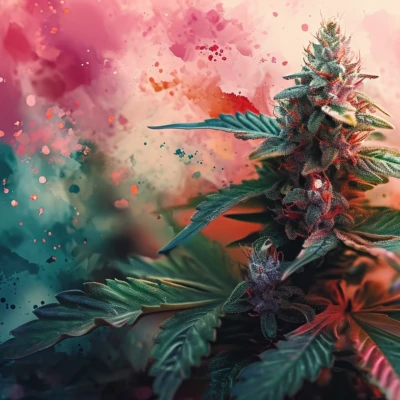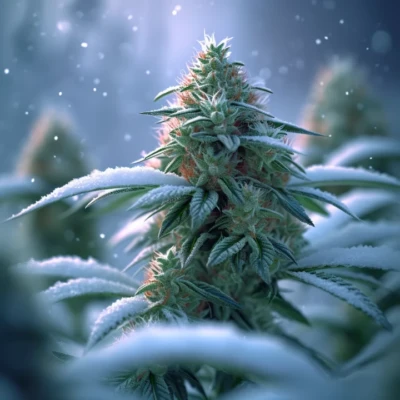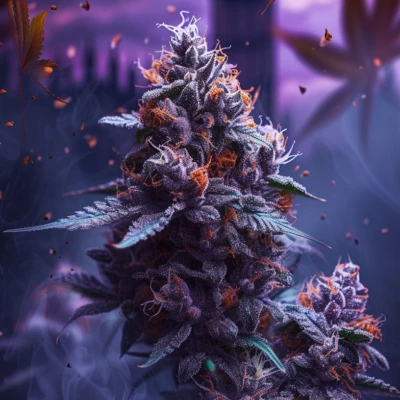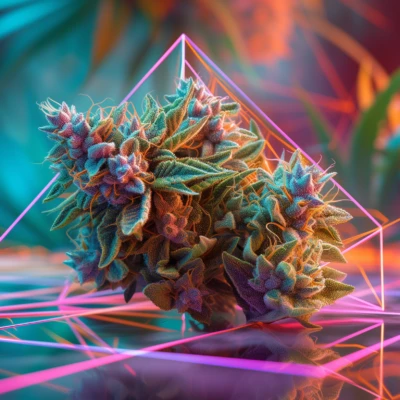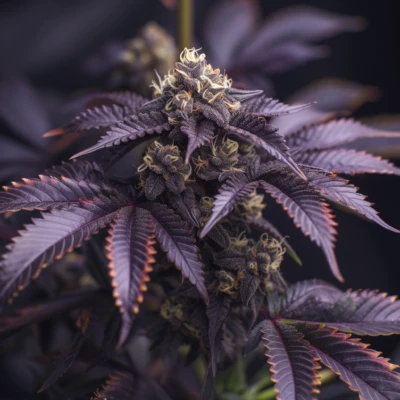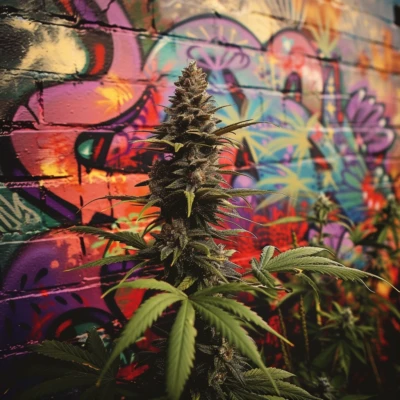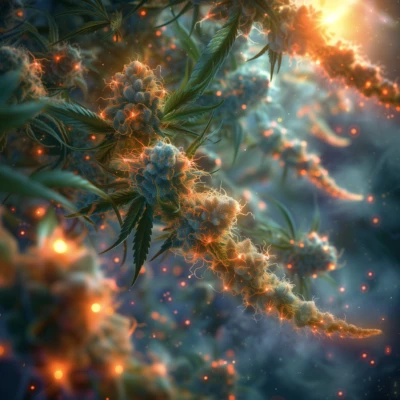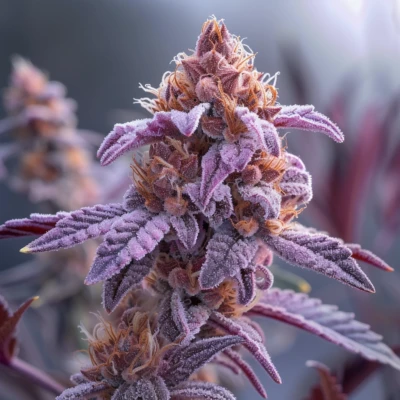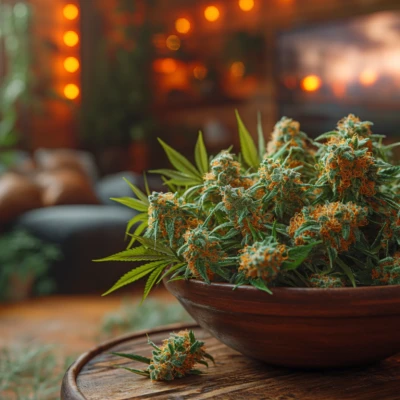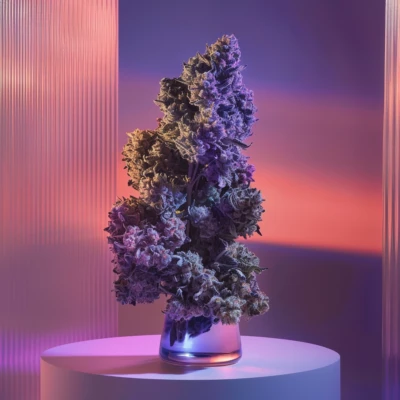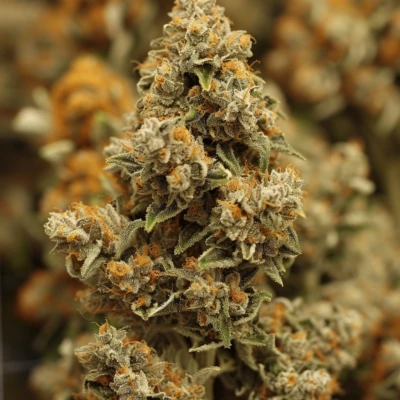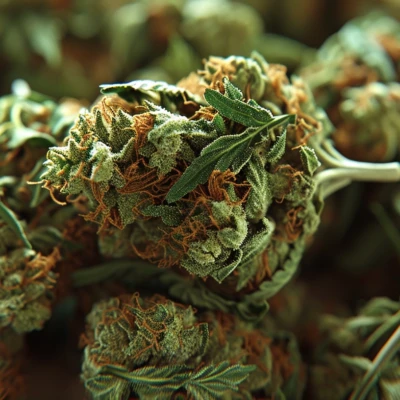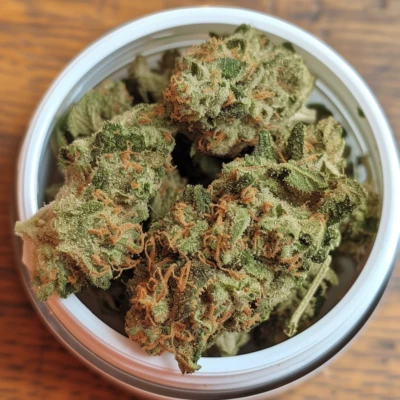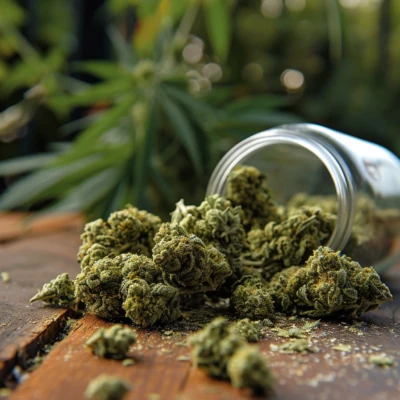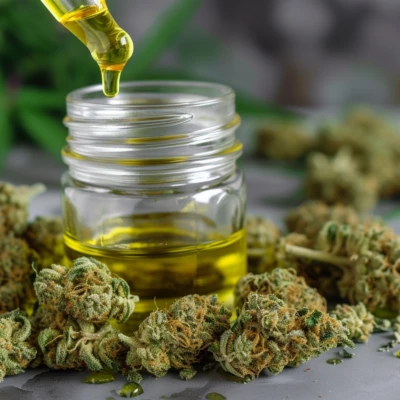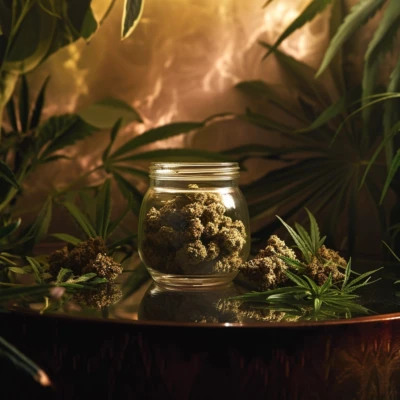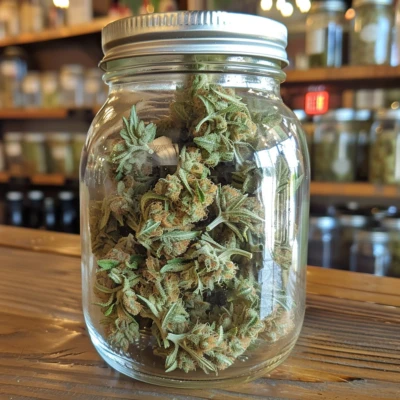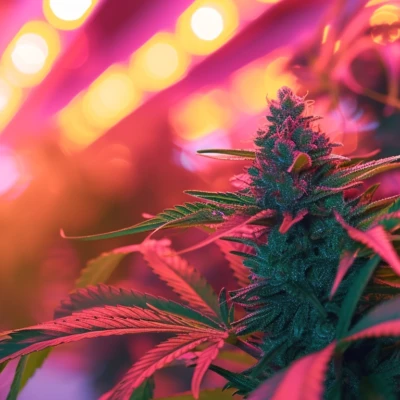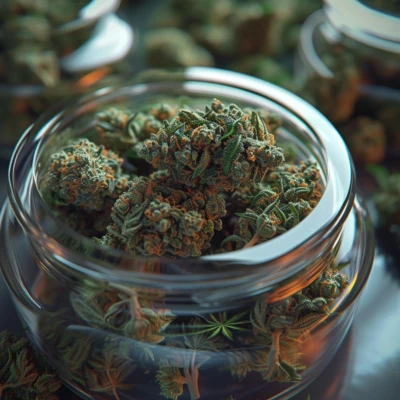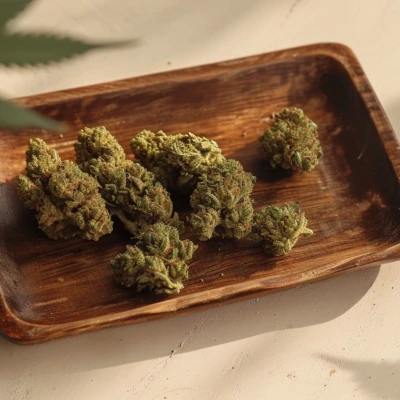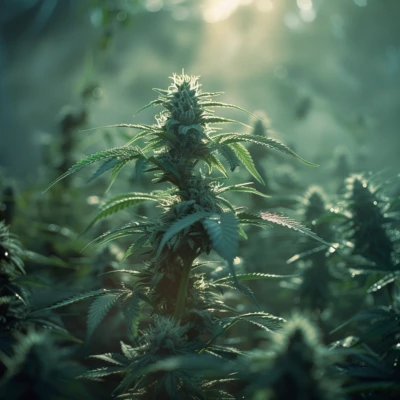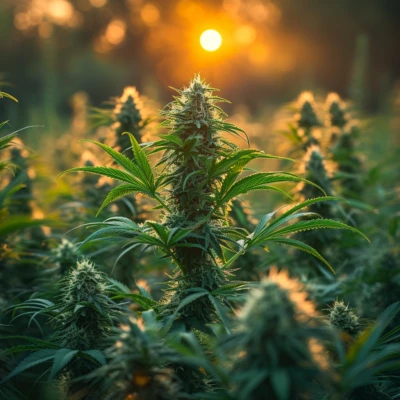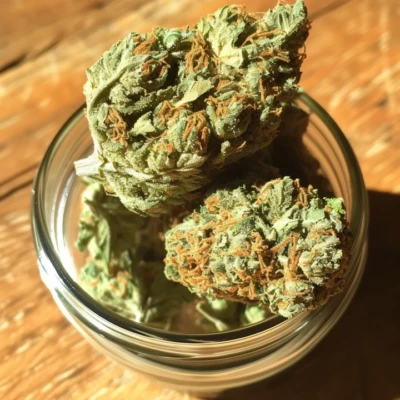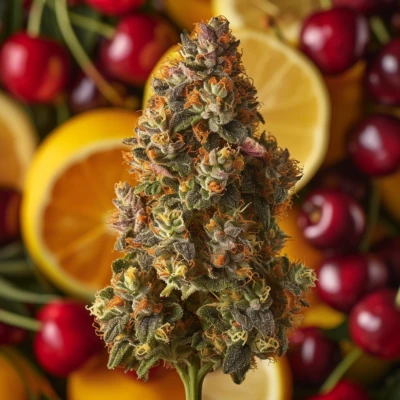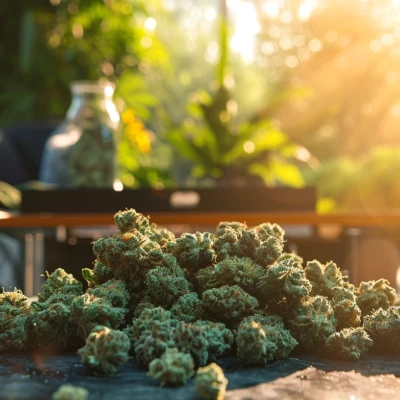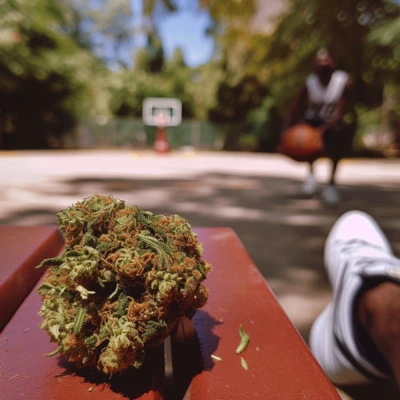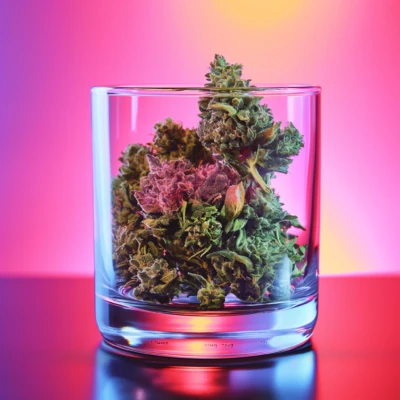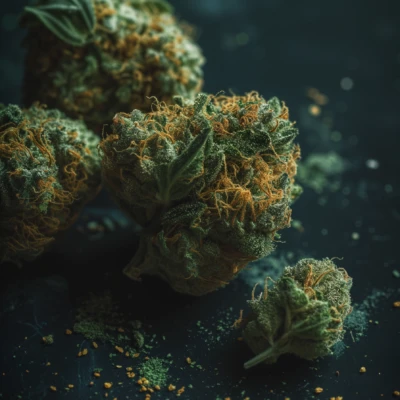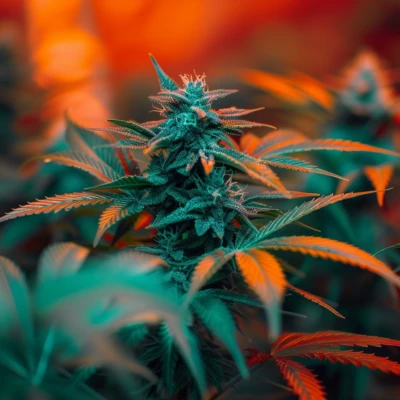THCA Edibles
What Are THCA Edibles?
What Are THCA Edibles? A Beginner’s Guide
In the ever-evolving world of cannabis products, THCA edibles have emerged as a new and exciting option for both medicinal and recreational users. But what exactly are THCA edibles, and how do they differ from the more familiar THC edibles? This guide will provide a comprehensive introduction to THCA edibles, explaining what they are, how they differ from THC edibles, and their potential benefits.
What Are THCA Edibles?
THCA, or tetrahydrocannabinolic acid, is a non-psychoactive cannabinoid found in raw and live cannabis plants. Unlike THC (tetrahydrocannabinol), which is well-known for its psychoactive effects, THCA does not produce a “high” when consumed. This is because THCA must be converted into THC through a process called decarboxylation, which typically occurs when cannabis is heated.
THCA edibles are food products that contain THCA instead of THC. These edibles are made using raw cannabis or cannabis extracts that have not been decarboxylated. As a result, THCA edibles provide the benefits of cannabis without the psychoactive effects associated with THC.
How Do THCA Edibles Differ from THC Edibles?
The primary difference between THCA edibles and THC edibles lies in their chemical composition and effects:
- Chemical Composition: THCA edibles contain tetrahydrocannabinolic acid, while THC edibles contain tetrahydrocannabinol. THCA is the precursor to THC and does not have psychoactive properties unless it is heated and converted to THC.
- Psychoactive Effects: THC edibles are known for producing a psychoactive “high” due to the presence of THC. This is why THC edibles are popular for recreational use. In contrast, THCA edibles do not produce a high, making them a more appealing option for those who want to experience the potential benefits of cannabis without the psychoactive effects.
- Therapeutic Benefits: Both THCA and THC offer therapeutic benefits, but they may differ in their specific effects. THCA is believed to have anti-inflammatory, neuroprotective, and anti-emetic properties, making it potentially useful for conditions such as arthritis, neurodegenerative diseases, and nausea. THC, on the other hand, is well-known for its pain-relieving, appetite-stimulating, and anti-anxiety effects.
Potential Benefits of THCA Edibles
While research on THCA is still in its early stages, preliminary studies and anecdotal evidence suggest several potential benefits:
- Anti-Inflammatory Properties: THCA has shown promise as an anti-inflammatory agent, which could be beneficial for individuals suffering from inflammatory conditions such as arthritis, inflammatory bowel disease, and autoimmune disorders.
- Neuroprotective Effects: Some studies suggest that THCA may have neuroprotective properties, potentially helping to protect brain cells from damage and reduce the risk of neurodegenerative diseases like Alzheimer’s and Parkinson’s.
- Anti-Emetic Benefits: THCA may help reduce nausea and vomiting, making it a potential option for individuals undergoing chemotherapy or those with conditions that cause severe nausea.
- Antioxidant Properties: THCA has antioxidant properties that can help protect cells from oxidative stress and damage, contributing to overall health and well-being.
- Non-Psychoactive: One of the most significant benefits of THCA edibles is that they do not produce a psychoactive high. This makes them an attractive option for individuals who want to avoid the mind-altering effects of THC while still benefiting from the therapeutic properties of cannabis.
How to Use THCA Edibles
Using THCA edibles is straightforward. They are consumed just like any other edible product. However, it’s essential to start with a low dose, especially if you are new to cannabis edibles. The effects of THCA edibles may not be as immediate or pronounced as THC edibles, so it’s important to be patient and allow time for the effects to take place.
Conclusion
THCA edibles offer a unique way to experience the benefits of cannabis without the psychoactive effects of THC. As more research is conducted, we are likely to learn even more about the potential therapeutic benefits of THCA. Whether you’re seeking relief from inflammation, neuroprotection, or simply want to explore the non-psychoactive side of cannabis, THCA edibles provide an exciting option for both medicinal and recreational users.
How to Make THCA Edibles at Home
DIY Guide: How to Make THCA Edibles at Home
As the interest in cannabis products continues to grow, many enthusiasts are exploring ways to create their own edibles at home. THCA edibles, in particular, are gaining popularity due to their non-psychoactive properties and potential therapeutic benefits. In this DIY guide, we’ll provide step-by-step instructions on how to make THCA edibles at home, including essential tips on handling THCA and some simple recipes to get you started.
Understanding THCA and Decarboxylation
Before diving into the recipes, it’s important to understand what THCA is and why decarboxylation is a crucial step in the process of making edibles.
- What is THCA? THCA (tetrahydrocannabinolic acid) is the non-psychoactive precursor to THC (tetrahydrocannabinol). In its raw form, THCA does not produce a “high.” It offers potential benefits such as anti-inflammatory, neuroprotective, and anti-emetic properties.
- Decarboxylation: Decarboxylation is the process of heating cannabis to convert THCA into THC. For THCA edibles, we want to avoid this conversion to maintain the non-psychoactive properties of THCA. This means we need to use raw or lightly heated cannabis.
Step-by-Step Instructions for Making THCA Edibles
1. Selecting the Right Cannabis
Choose fresh, raw cannabis or cannabis that has been dried without being subjected to high temperatures. Look for strains that are high in THCA.
2. Preparing the Cannabis
Trim the cannabis leaves and flowers, ensuring that they are free of contaminants and pesticides. It’s essential to handle the cannabis gently to preserve the THCA content.
3. Making THCA-Infused Oil or Butter
To make THCA edibles, you’ll first need to infuse an oil or butter with THCA. Here’s how:
Ingredients:
- 1 cup of coconut oil or butter
- 7-10 grams of raw cannabis
Instructions:
- Light Heating (Optional): If you want to activate a small amount of THCA without converting it to THC, you can lightly heat the cannabis. Preheat your oven to 220°F (104°C) and place the cannabis on a baking sheet. Heat for 20-30 minutes, but keep the temperature low to avoid decarboxylation.
- Infusion: Combine the coconut oil or butter with the cannabis in a slow cooker or double boiler. Heat on low for 4-6 hours, stirring occasionally. Ensure the temperature stays below 240°F (115°C) to preserve the THCA.
- Strain: After infusion, strain the mixture through a cheesecloth or fine mesh strainer to remove the plant material. Store the THCA-infused oil or butter in a sealed container in the refrigerator.
Simple THCA Edible Recipes
THCA-Infused Smoothie
Ingredients:
- 1 cup frozen berries
- 1 banana
- 1 cup spinach
- 1 tablespoon THCA-infused coconut oil
- 1 cup almond milk
- 1 tablespoon honey or agave syrup (optional)
Instructions:
- Combine all ingredients in a blender.
- Blend until smooth.
- Pour into a glass and enjoy immediately.
THCA-Infused Salad Dressing
Ingredients:
- 1/4 cup THCA-infused olive oil
- 2 tablespoons balsamic vinegar
- 1 teaspoon Dijon mustard
- 1 teaspoon honey
- Salt and pepper to taste
Instructions:
- In a small bowl, whisk together the balsamic vinegar, Dijon mustard, honey, salt, and pepper.
- Gradually whisk in the THCA-infused olive oil until well combined.
- Drizzle over your favorite salad and toss to coat.
THCA-Infused Energy Balls
Ingredients:
- 1 cup rolled oats
- 1/2 cup peanut butter
- 1/3 cup honey
- 1/4 cup THCA-infused coconut oil
- 1/2 cup mini chocolate chips
- 1/4 cup chia seeds
Instructions:
- In a large bowl, combine the rolled oats, peanut butter, honey, and THCA-infused coconut oil.
- Mix until well combined, then stir in the chocolate chips and chia seeds.
- Roll the mixture into small balls and place them on a baking sheet.
- Refrigerate for at least 1 hour before serving.
Tips for Making THCA Edibles
- Avoid High Heat: High temperatures will convert THCA to THC. Keep your heating processes gentle and below 240°F (115°C) to preserve the THCA content.
- Proper Storage: Store your THCA-infused products in a cool, dark place, preferably in the refrigerator, to maintain their potency and freshness.
- Dosage: Start with small amounts and gradually increase as needed. Monitor how your body responds to ensure you get the desired effects without overconsumption.
Conclusion
Making THCA edibles at home can be a fun and rewarding experience. By following these steps and recipes, you can enjoy the benefits of THCA in a variety of delicious forms. Whether you’re looking to explore the therapeutic properties of THCA or simply want a non-psychoactive alternative to traditional cannabis edibles, this guide provides everything you need to get started. Enjoy your culinary adventure into the world of THCA!
Effects of THCA
“THCA primarily exhibits non-psychoactive effects in its raw form, potentially offering anti-inflammatory, neuroprotective, and antiemetic properties. However, research on its specific effects is ongoing and may vary depending on individual physiology and dosage.” ~ Paul Armentano
Feelings: Creative Uplifted Energetic Giggly Hunger Stones
Negatives: Dry Mouth Paranoid Dry Eyes Sleep and Calm
Helps with: Stress Anxiety Depression Appetite and Sleep
Research Articles on THCa
- Structure and function of∆ 1-tetrahydrocannabinolic acid
- Tetrahydrocannabinolic acid is a potent PPARγCan You Pass the Acid Test? Critical Review and
- Novel Therapeutic Perspectives of Δ9-Tetrahydrocannabinolic Acid
- Tetrahydrocannabinolic acid A (THCA-A) reduces adiposity and prevents metabolic disease caused by diet-induced obesity
- Taming THC: potential cannabis synergy and phytocannabinoid‐terpenoid entourage effects
Can THCA Edibles Enhance Athletic Performance?
Can THCA Edibles Enhance Athletic Performance?
In recent years, cannabis products have made significant inroads into the world of sports and fitness. While THC and CBD have garnered considerable attention, a new player, THCA (tetrahydrocannabinolic acid), is emerging as a potential aid for athletes. This blog explores how athletes might use THCA edibles for performance enhancement and recovery, with insights from sports nutrition experts.
Understanding THCA and Its Benefits
THCA is the non-psychoactive precursor to THC. Found in raw and live cannabis plants, THCA does not produce a “high” unless it is converted to THC through heat (decarboxylation). Instead, THCA offers potential therapeutic benefits such as anti-inflammatory, neuroprotective, and anti-emetic properties.
How THCA Edibles Might Enhance Athletic Performance
1. Anti-Inflammatory Properties
Athletes often deal with inflammation and muscle soreness as part of their training and competition routines. THCA’s anti-inflammatory properties can help reduce inflammation and promote faster recovery, allowing athletes to maintain consistent training schedules.
Insight from Sports Nutrition Experts: Dr. Sarah Johnson, a sports nutritionist, explains, “Inflammation is a significant concern for athletes. Natural anti-inflammatories like THCA can offer relief without the side effects associated with synthetic drugs.”
2. Pain Management
Chronic pain and acute injuries are common in the athletic world. THCA’s potential as a pain reliever can be beneficial for athletes who need to manage pain without the psychoactive effects of THC.
Expert Opinion: “Managing pain effectively is crucial for athletes to perform at their best. THCA edibles offer a non-psychoactive alternative that can be particularly useful for those in competitive sports where mental clarity is essential,” says Dr. Emily Hart, a sports medicine specialist.
3. Neuroprotective Effects
Athletes in high-impact sports are at risk of brain injuries and neurodegenerative conditions. THCA’s neuroprotective properties may help protect brain cells from damage, reducing the risk of long-term cognitive issues.
Sports Nutrition Insight: “Protecting the brain from repetitive injuries is a growing concern in sports. THCA’s neuroprotective effects are promising for athletes involved in contact sports,” notes Dr. Mark Thompson, a sports nutrition expert.
4. Reduced Nausea
Intense training and competition can sometimes lead to nausea, affecting performance and recovery. THCA’s anti-emetic properties can help manage nausea, making it easier for athletes to maintain proper nutrition and hydration.
Expert Insight: “Nausea can be a significant issue for endurance athletes. THCA edibles can provide relief and help athletes keep up with their nutritional needs,” says registered dietitian Jane Mitchell.
How Athletes Can Incorporate THCA Edibles into Their Regimen
1. Pre-Workout
Consuming THCA edibles before a workout can help manage pre-existing pain and inflammation, allowing athletes to train more effectively.
2. Post-Workout Recovery
THCA edibles can be a valuable part of a post-workout recovery routine, helping to reduce inflammation and pain, and promoting faster muscle recovery.
Suggested Recipe: THCA-Infused Smoothie
Ingredients:
- 1 cup frozen berries
- 1 banana
- 1 cup spinach
- 1 tablespoon THCA-infused coconut oil
- 1 cup almond milk
- 1 tablespoon honey or agave syrup (optional)
Instructions:
- Combine all ingredients in a blender.
- Blend until smooth.
- Consume post-workout for recovery benefits.
3. Daily Supplement
For athletes dealing with chronic pain or inflammation, incorporating THCA edibles into their daily diet can provide consistent relief and support overall performance.
Expert Advice: “Daily supplementation with THCA can help athletes manage chronic issues without the risk of dependency or psychoactive effects associated with other treatments,” advises Dr. Lisa Green, a sports nutrition consultant.
Conclusion
THCA edibles offer a promising, non-psychoactive option for athletes looking to enhance their performance and recovery. With benefits ranging from anti-inflammatory and pain-relieving properties to neuroprotection and nausea reduction, THCA could become a valuable tool in the athletic arsenal. As always, athletes should consult with healthcare and sports nutrition professionals before adding new supplements to their regimen to ensure safety and efficacy.
By incorporating THCA edibles thoughtfully and strategically, athletes can potentially unlock new levels of performance and recovery, maintaining their edge in competitive sports.
How THCA Edibles Can Improve Your Sleep Quality?
How THCA Edibles Can Improve Your Sleep Quality
Good sleep is essential for overall health and well-being, yet many people struggle with sleep disorders and poor sleep quality. While traditional remedies and medications offer solutions, more individuals are turning to natural alternatives like THCA edibles. In this blog post, we explore how THCA edibles can promote better sleep, featuring testimonials from users and advice from sleep experts.
What is THCA?
THCA, or tetrahydrocannabinolic acid, is a non-psychoactive cannabinoid found in raw cannabis plants. Unlike THC, THCA does not produce a “high” because it has not undergone decarboxylation (a process that converts THCA to THC through heat). THCA is known for its potential anti-inflammatory, neuroprotective, and anti-emetic properties, which contribute to its therapeutic benefits.
How THCA Edibles Can Promote Better Sleep
1. Reducing Inflammation and Pain
Chronic pain and inflammation can severely disrupt sleep. THCA’s anti-inflammatory and pain-relieving properties can help ease discomfort, allowing for a more restful sleep.
User Testimonial: “I’ve struggled with chronic back pain for years, and it always kept me up at night. Since I started using THCA edibles, I’ve noticed a significant reduction in my pain levels, which has allowed me to sleep much better,” says John, a 45-year-old user from California.
2. Anxiety Reduction
Anxiety and stress are common culprits behind sleepless nights. THCA’s potential calming effects can help reduce anxiety, making it easier to fall and stay asleep.
Expert Advice: “THCA’s non-psychoactive nature makes it a suitable option for those who experience anxiety-related sleep disturbances. It can provide a sense of calm without the psychoactive effects that might otherwise interfere with sleep,” explains Dr. Laura Reynolds, a sleep specialist.
3. Neuroprotective Effects
THCA’s neuroprotective properties may help protect brain health and promote better sleep patterns. Maintaining healthy brain function is crucial for regulating sleep cycles and achieving restorative sleep.
Expert Insight: “By supporting overall brain health, THCA can play a role in improving sleep quality, particularly for those with neurodegenerative conditions that affect sleep,” notes Dr. Michael Thompson, a neurologist.
4. Anti-Emetic Properties
Nausea and digestive discomfort can also interfere with sleep. THCA’s anti-emetic properties can alleviate nausea, helping individuals sleep more comfortably.
User Testimonial: “Dealing with nausea from my chemotherapy treatments made sleep almost impossible. THCA edibles have helped manage my nausea, allowing me to get the rest I desperately need,” shares Maria, a 50-year-old cancer patient.
Incorporating THCA Edibles into Your Sleep Routine
1. Choosing the Right Product
Select THCA edibles that are designed for sleep support, such as gummies or tinctures with added ingredients like melatonin or lavender.
2. Proper Dosage
Start with a low dose of THCA edibles and gradually increase until you find the amount that works best for you. It’s important to give your body time to adjust and monitor how you respond.
Expert Advice: “Begin with a low dose to gauge your body’s reaction, and consult with a healthcare provider to determine the appropriate dosage for your specific needs,” advises Dr. Emily Hart, a sleep medicine physician.
3. Timing and Consistency
Take THCA edibles about 30-60 minutes before bedtime to allow them to take effect. Consistency is key, so make it a part of your nightly routine.
User Tip: “I take my THCA gummy about an hour before bed every night. It helps me relax and sets me up for a good night’s sleep,” says Sarah, a 32-year-old yoga instructor.
Conclusion
THCA edibles offer a promising natural solution for improving sleep quality. With their potential to reduce inflammation, alleviate pain, ease anxiety, protect brain health, and relieve nausea, THCA edibles can help address various factors that disrupt sleep.
By choosing the right product, finding the proper dosage, and maintaining consistency, you can incorporate THCA edibles into your sleep routine and experience the benefits for yourself. As always, consult with healthcare professionals to ensure that THCA edibles are a suitable and safe option for your sleep needs.
Sleep better, wake refreshed, and enjoy the health benefits of restorative sleep with THCA edibles.
Common Questions about THCa (FAQ)
What is THCa vs THC?
How long does THCa last in your system?
How is THCA flower made?
Which is stronger, THCa or THC?
What does THCa do to the brain?
What is a high THCa percentage?
Does THCa turn into Delta 9 when smoked?
How is THCa legal?
What are the effects of smoking THCa?
Is THCa safe for driving?
Does thca get you high when smoked?
How do you smoke THCa flower?
Using THCA Edibles to Stimulate Appetite
Using THCA Edibles to Stimulate Appetite: What You Should Know
Loss of appetite can be a significant issue for individuals undergoing treatments such as chemotherapy, leading to weight loss and malnutrition. While THC is known for its appetite-stimulating effects, THCA (tetrahydrocannabinolic acid) is emerging as a promising alternative. This blog post explores the potential of THCA edibles to stimulate appetite, particularly for patients undergoing treatments like chemotherapy.
Understanding THCA and Its Benefits
THCA is a non-psychoactive cannabinoid found in raw and live cannabis plants. Unlike THC, THCA does not produce a “high” because it has not undergone decarboxylation (conversion through heat). Despite its non-psychoactive nature, THCA offers several therapeutic benefits, including anti-inflammatory, neuroprotective, and anti-emetic properties, which can contribute to its potential to stimulate appetite.
How THCA Edibles Can Stimulate Appetite
1. Anti-Emetic Properties
Nausea and vomiting are common side effects of chemotherapy and other medical treatments. THCA’s anti-emetic properties can help reduce nausea, making it easier for patients to eat and maintain proper nutrition.
Patient Testimonial: “After starting chemotherapy, I lost my appetite due to constant nausea. THCA edibles have significantly reduced my nausea, allowing me to eat more and maintain my weight,” says Linda, a 55-year-old cancer patient.
2. Reducing Inflammation and Pain
Chronic pain and inflammation can also suppress appetite. THCA’s anti-inflammatory and pain-relieving properties can help alleviate discomfort, making it easier for patients to eat without pain.
Expert Insight: “Pain and inflammation can interfere with the body’s natural hunger signals. By addressing these issues, THCA can help restore normal appetite in patients,” explains Dr. John Martinez, an oncologist.
3. Calming Anxiety
Stress and anxiety are known to impact appetite negatively. THCA’s potential calming effects can help reduce anxiety, promoting a more relaxed state that is conducive to eating.
Nutritionist’s Perspective: “Anxiety can dampen the desire to eat. THCA’s calming properties can create a more conducive environment for patients to feel hungry and enjoy their meals,” notes registered dietitian Emily Watson.
Incorporating THCA Edibles into an Appetite-Stimulating Routine
1. Selecting the Right THCA Edibles
Choose THCA edibles that are specifically formulated to stimulate appetite. Look for products such as gummies, tinctures, or snacks that are easy to consume and dose.
2. Finding the Proper Dosage
Start with a low dose of THCA edibles and gradually increase until the desired effect is achieved. Monitoring how your body responds is crucial to finding the right dosage.
Expert Advice: “Begin with a low dose and observe your body’s reaction. It’s important to adjust the dosage based on your individual needs and in consultation with a healthcare provider,” advises Dr. Sarah Collins, a clinical nutritionist.
3. Timing and Consistency
Take THCA edibles at a time that aligns with your meal schedule. Consistency is key to maintaining a regular eating pattern, so make it a part of your daily routine.
Patient Tip: “I take a THCA gummy about an hour before lunch and dinner. It helps me feel hungry at the right times and ensures I eat enough throughout the day,” shares Robert, a 60-year-old undergoing radiation therapy.
Conclusion
THCA edibles offer a promising natural solution for stimulating appetite, particularly for patients undergoing treatments like chemotherapy. With their potential to reduce nausea, alleviate pain and inflammation, and calm anxiety, THCA edibles can help address various factors that suppress appetite.
By selecting the right product, finding the proper dosage, and maintaining consistency, patients can incorporate THCA edibles into their routine to stimulate appetite and improve their nutritional intake. As always, it is crucial to consult with healthcare professionals to ensure that THCA edibles are a suitable and safe option for your specific needs.
Rediscover the joy of eating and maintain your health with the help of THCA edibles.
A Beginner’s Guide to THCA Edibles
A Beginner’s Guide to THCA Edibles: Tips and Recommendations
As the world of cannabis continues to evolve, THCA edibles are gaining attention for their potential health benefits and non-psychoactive properties. If you’re new to THCA edibles, this guide will provide practical advice, dosage recommendations, and tips for first-time users to help you navigate this exciting option.
Understanding THCA Edibles
THCA (tetrahydrocannabinolic acid) is a non-psychoactive cannabinoid found in raw cannabis plants. Unlike THC, THCA does not produce a “high” because it has not undergone decarboxylation (a process that converts THCA to THC through heat). THCA offers various therapeutic benefits, including anti-inflammatory, neuroprotective, and anti-emetic properties, making it a popular choice for those seeking the benefits of cannabis without the psychoactive effects.
Practical Tips for Newcomers to THCA Edibles
1. Start with a Low Dose
When trying THCA edibles for the first time, it’s crucial to start with a low dose. This helps you gauge your body’s reaction and avoid any potential side effects.
Dosage Recommendation:
- Beginner Dose: Start with 5-10 milligrams of THCA.
- Observe Effects: Wait at least 1-2 hours to assess how your body reacts before considering additional intake.
2. Understand the Onset Time
THCA edibles take longer to produce effects compared to other methods of consumption, such as smoking or vaping. The onset time can vary depending on factors like metabolism, body weight, and the type of edible.
Tip:
- Be Patient: It can take anywhere from 30 minutes to 2 hours to feel the effects of THCA edibles. Avoid consuming more during this period to prevent overconsumption.
3. Choose the Right Edible
THCA edibles come in various forms, including gummies, tinctures, capsules, and baked goods. Select a product that fits your preferences and lifestyle.
Recommendation:
- For Precise Dosing: Gummies and capsules offer precise dosing, making them ideal for beginners.
- For Versatility: Tinctures can be added to food or beverages, providing flexible dosing options.
4. Consider the Purpose
Think about why you are using THCA edibles. Are you looking for pain relief, reducing inflammation, or improving sleep quality? Understanding your goals will help you choose the right product and dosage.
Expert Insight: “Identify your primary reason for using THCA edibles. This will guide your product selection and ensure you achieve the desired effects,” advises Dr. Lisa Green, a clinical cannabis specialist.
Tips for First-Time Users
1. Stay Hydrated
Cannabis products can sometimes cause dry mouth. Drinking plenty of water can help mitigate this effect and keep you comfortable.
2. Eat Beforehand
Consuming THCA edibles on an empty stomach can lead to stronger effects. Eating a light meal beforehand can help moderate the intensity of the experience.
Tip:
- Balanced Meal: Opt for a balanced meal with healthy fats, proteins, and carbohydrates to ensure a smooth experience.
3. Create a Comfortable Environment
Set yourself up in a comfortable, stress-free environment, especially if it’s your first time trying THCA edibles. This can help enhance the overall experience and reduce any anxiety.
Recommendation:
- Relaxing Space: Choose a quiet, comfortable space where you can relax and enjoy the effects of the edibles.
Recommendations for THCA Edibles
1. Beginner-Friendly Gummies
Product: THCA Gummies Description: These gummies are perfect for beginners, offering precise dosing and a delicious taste. Dosage: Start with one gummy (typically 5-10 mg of THCA).
2. Versatile Tinctures
Product: THCA Tincture Description: Tinctures are versatile and can be added to your favorite foods or beverages for easy consumption. Dosage: Start with 1-2 drops (5-10 mg of THCA) and adjust as needed.
3. Convenient Capsules
Product: THCA Capsules Description: Capsules provide a convenient and discreet way to consume THCA with precise dosing. Dosage: Begin with one capsule (usually 10 mg of THCA).
Conclusion
THCA edibles offer a promising way to experience the benefits of cannabis without the psychoactive effects. By starting with a low dose, understanding the onset time, and choosing the right product, newcomers can have a positive and enjoyable experience. Remember to stay hydrated, eat beforehand, and create a comfortable environment to enhance your experience.
As always, consult with healthcare professionals before adding any new supplement to your routine, especially if you have underlying health conditions or are taking other medications. Embrace the journey into the world of THCA edibles and discover the potential benefits they can bring to your health and well-being.
THCa Photos
The Ultimate Guide to THCA Edibles for Pets
The Ultimate Guide to THCA Edibles for Pets: A Veterinary Perspective
As the benefits of cannabis compounds for humans gain recognition, pet owners are increasingly interested in how these compounds might help their furry friends. One particular cannabinoid, THCA (tetrahydrocannabinolic acid), is gaining attention for its potential benefits without the psychoactive effects of THC. This guide explores the use of THCA edibles for pets, including safety considerations and veterinary advice.
What is THCA?
THCA is a non-psychoactive cannabinoid found in raw and live cannabis plants. Unlike THC, it does not produce a “high” because it has not undergone decarboxylation (conversion through heat). THCA is known for its potential anti-inflammatory, neuroprotective, and anti-emetic properties, which could be beneficial for pets dealing with various health issues.
Potential Benefits of THCA for Pets
1. Anti-Inflammatory Properties
Pets suffering from conditions like arthritis or inflammatory diseases may benefit from the anti-inflammatory effects of THCA. Reducing inflammation can help alleviate pain and improve mobility in older or injured animals.
Veterinary Insight: “Chronic inflammation is a common issue in pets, especially as they age. THCA’s anti-inflammatory properties can offer a natural alternative to traditional medications, potentially reducing side effects,” says Dr. Laura Stevens, a veterinarian with a focus on holistic pet care.
2. Neuroprotective Effects
Neurodegenerative diseases can affect pets as they age, just as they do in humans. THCA’s neuroprotective properties may help protect brain health and slow the progression of such diseases.
Expert Opinion: “Neuroprotection is vital for aging pets. THCA could help support cognitive function and quality of life in senior pets,” notes Dr. Michael Thompson, a veterinary neurologist.
3. Anti-Emetic Benefits
Nausea and vomiting can be symptoms of various health issues in pets, including gastrointestinal disorders and side effects from treatments like chemotherapy. THCA’s anti-emetic properties can help manage these symptoms, improving your pet’s comfort and well-being.
Case Study: “My dog Max was undergoing chemotherapy and struggled with severe nausea. THCA edibles helped manage his symptoms, allowing him to eat and maintain his strength during treatment,” shares Sarah, a pet owner from California.
Safety Considerations
1. Proper Dosage
Finding the right dosage for pets is crucial. Start with a very low dose and gradually increase it, monitoring your pet’s response. Overdosing can lead to unwanted side effects, even with non-psychoactive compounds like THCA.
Veterinary Advice: “Always start with the smallest possible dose and consult with your vet. Each pet’s tolerance and needs can vary significantly,” advises Dr. Emily Hart, a holistic veterinarian.
2. Product Selection
Choose high-quality, pet-specific THCA products. Human cannabis products may contain other ingredients that are harmful to pets, such as chocolate, xylitol, or certain flavorings.
Tip: “Look for products that are specifically formulated for pets and have undergone third-party testing to ensure purity and safety,” recommends Dr. Sarah Collins, a veterinary nutritionist.
3. Consult with a Veterinarian
Before introducing any new supplement to your pet’s diet, it is essential to consult with a veterinarian. They can provide personalized advice based on your pet’s health history and current condition.
Professional Insight: “Your vet can help you determine if THCA edibles are appropriate for your pet and guide you on the right dosage and administration,” says Dr. John Martinez, an experienced veterinarian.
How to Administer THCA Edibles to Pets
1. Incorporate into Meals
Mixing THCA edibles into your pet’s food can make administration easier. Ensure that the edible is evenly distributed to prevent uneven dosing.
Tip: “Start by adding a small amount to your pet’s favorite treat or meal to gauge their reaction,” suggests Dr. Laura Stevens.
2. Use Pet-Specific Tinctures
THCA tinctures designed for pets can be added to their water or dropped directly into their mouth. This method allows for precise dosing.
Product Recommendation: “Opt for pet-specific THCA tinctures with clear dosing instructions and no harmful additives,” advises Dr. Emily Hart.
Conclusion
THCA edibles offer a promising alternative for managing various health issues in pets, from inflammation and pain to nausea and neurodegenerative diseases. By choosing the right products, starting with low doses, and consulting with a veterinarian, you can safely explore the potential benefits of THCA for your furry friends.
Remember, your pet’s health and well-being are paramount, so always seek professional advice before making any changes to their diet or treatment plan. With careful consideration and proper guidance, THCA edibles could become a valuable part of your pet’s health regimen.
Links to websites that have more info on THCa.
What people are saying about THCa.
THCa Review by James
James, age 34: “I started using THCA for its potential anti-inflammatory benefits. I’ve noticed a significant decrease in my joint pain, especially in the mornings. It doesn’t have the psychoactive effects of THC, which is great because I can use it during my workday without any issues.”
Marketing Specialist
THCa Review by Samantha
Samantha, age 28: “I’ve been experimenting with THCA in my post-workout routine. It’s been great for muscle recovery and doesn’t make me feel high, which I really appreciate. I blend it into my smoothies and have found it quite effective.”
SAHM
THCa Review by Eduardo
Eduardo, age 45: “As someone who’s been looking into alternative therapies for my chronic pain, THCA has been a revelation. It helps manage my pain without any psychoactive effects. It’s been a part of my daily regimen for months now.”
Electrician
THCa Review by Natalie
Natalie, age 52: “I use THCA to help with my arthritis. It’s one of the few things that helps without making me feel out of it. I apply a topical that includes THCA, and it eases the stiffness and pain quite effectively.”
Secretary

